As digitalization progresses, the security of cloud-based data and information is becoming just as crucial as their creation. Every organization needs to have complete system security as the tech industry is expanding and growing. Analyzing for better solutions is essential as cloud data security services protect everything in the advancing computer world.
What is Cloud Data Security?
Cloud data security involves methods that ensure the security of data stored or processed in the cloud environment. The primary goal of cloud data protection is to safeguard information from damage, risks, human errors, and unauthorized use through cloud tools, security regulations, and utilization processes. It involves actively shielding the database, reducing hacking and fraud, and preserving privacy by limiting user access.
Why Do Companies Need Cloud Security?
Companies need data security in the cloud now as they are shifting to cloud-oriented storage and service, and that’s why they must focus more on cloud data security for the tight safety of their important information and data. While several devices are accessible and the extension of data is across numerous cloud setups, a cloud security solution promises powerful protection with the creation of efficient innovation and compliance with rules.
Cloud data security has become essential for defending against both current and emerging cyberattacks, alongside keeping the integrity of operations, adherence to regulations, and credibility in light of resource-intensive and flexible business infrastructures.
The Importance of Data Security in Cloud Computing
Businesses everywhere around the world are engaged in advancing their systems in cybersecurity to guard their important resources, intellectual estate, and their client’s data. Specifically intended for IT commerce, the security of data has always been a major concern.
The problem becomes more significant in the setting of cloud computing when data is spread out among different countries. Thus, one of the primary issues with cloud computing is the security of data.
The use of cloud data security has drastically changed how many IT companies function. They are today more advanced to build new business work structures, offer further services, reduce costs, and bring out actions with better ability.
This shift is why enterprises must validate that data stored in the cloud is harmless and protected for the company, that it is protected from hacking, and that they are totally content with the range of handling, compliance, and legal necessities. Here, shielding data that the company generates, gathers, receives, and sends is the main objective. Charging clients just for what they use, enables users to appreciate resources flexibly and according to their demand.
Key Benefits of Protecting Data in the Cloud
There are extra risks when moving the data and applications to the cloud. To do this, businesses require a strong Safety key that can keep up with the rapid and frequent execution of cloud data security. To battle the increasing security risks, the most recent security tools and apparatuses with modern security protocols are also required.
cloud computing data security provides benefits that include:
- Centralized Protection: Businesses that employ cloud-based networks have a large number of endpoints and devices that might be challenging to monitor. Web filtering and traffic analysis are improved by centralizing their management. There is potential to reduce the number of software and policy changes by restructuring the monitoring of these networks. Recovery plans are also easier to execute when handled in one location.
- Cost Savings: Using cloud services to store data and apps eliminates the need to spend money on specific hardware. Both the cost of the overhead administration and the cost of capital can be reduced. In the past, safety issues were resolved by IT employees; however, switching to cloud data protection provides round-the-clock protection with minimal or no human intervention.
- Less administrative costs: Data security in cloud computing can be customized to the specific requirements of the company. The administration expense is minimized because everything can be set up and monitored in one location, allowing IT staff to work on other company-essential functions.
- Convenience and Reliable: Cloud data security provides individuals with the protection that all online resources are always available through the cloud.
Challenges Businesses Face in Securing Cloud Data
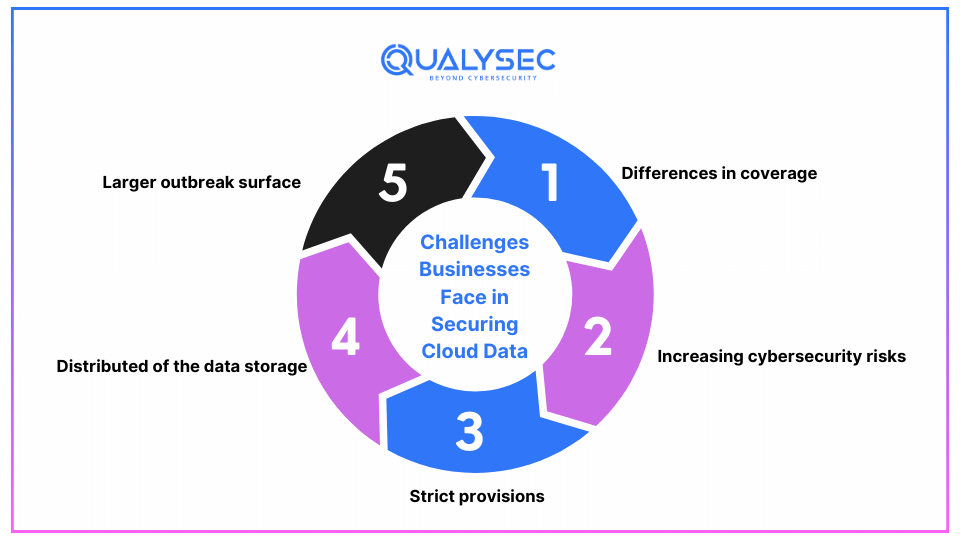
Businesses using cloud security services and hybrid settings encounter several data safety challenges. It takes expertise to deal with a setup full of hazard threats and monitoring issues in demand to provide effective cloud data security. The following are some of the common challenges that companies come across when keeping the data in the cloud:
- Differences in coverage: The protection provided by many cloud settings is uneven due to the variable degrees of penetration and skills.
- Increasing cybersecurity risks: When companies build new data management policies, threat performers often target the databases in the cloud and the infrastructure.
- Strict provisions: It can be difficult to implement security measures in a variety of contexts to fulfill strict data protection laws.
- Distributed data storage: While external data storage boosts the elasticity and sinks inactivity, it also increases queries about the data authority.
- Larger outbreak surface: Errors and assets set outside of the safety regulations are a common result of open cloud services.
Best Practices for Keeping Cloud Data Safe
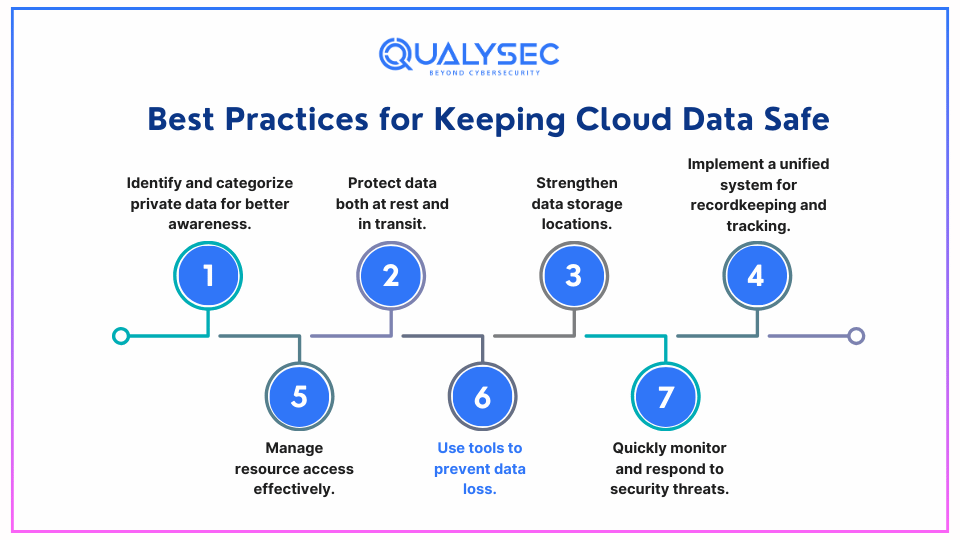
Strong cloud data security practices include risk tracking, data detection and the labeling of integrated sight, resource control, data protection, DLP installation, improved data posture, and documentation. Additionally, you can learn data science for free through online courses and resources. By following these guidelines, organizations can develop a solid cloud data security construction that protects confidential data. This improves the quality and security of the cloud’s setup. These are some of the below-listed practices that can be followed:
- Identify the private data and assemble data according to the setting and to give enhanced awareness.
- Management of access to resources
- Protect both data at rest as well as in the progress.
- Use Tools to Stop the Loss of Data
- Strengthen Better Location for Data
- Monitor the security threats quickly.
- Create a single system for recordkeeping and tracking.
The Role of Compliance in Cloud Computing Security
Cloud security compliance is the method of looking after the protocols that keep data safe, confirm its confidentiality, and keep safety in cloud computing settings. Compliance is vital as it protects delicate data, guarantees data secrecy, and shapes a belief among cloud data security provider and their consumers.
For any organization using the cloud, cloud compliance plays an important role. It guarantees that cloud computing data security is used ethically and in line with the law. Companies need to protect their operations, brand, and client confidence in addition to simply following guidelines when it comes to cloud compliance.
How Qualysec Can Support Your Cloud Security Needs
Being a top-ranked and leading cybersecurity provider, Qualysec offers industries the best cloud data security solutions. Just by operating with the latest updated technologies and procedures, Qualysec’s team of experts and certified security specialists discover the drawbacks in organizations’ systems and cloud infrastructure.
Qualysec’s unique approach to cybersecurity and cloud data security, along with their establishment of cloud penetration testing, distinguishes them from other service providers. They not only offer complete application security to remedy vulnerabilities in addition to simply identifying them, but they also collaborate broadly with the firms to understand their diverse requirements.
Qualysec provides a range of services, such as:
- Web App Pentesting
- Mobile App Pentesting
- API Pentesting
- Cloud Security Pentesting
- IoT Device Pentesting
- Blockchain Pentesting
We give personalized penetration testing and cloud security solutions to all companies based on their individual needs and requirements. Thus, make yourself hassle-free with Qualysec if you need to safeguard your IT set-up, resources, and apps are safe from online attacks!
We can help if your company is searching for a better cloud security solution provider but are uncertain of where to begin with. Speak with one of our expert security specialists to learn more about protecting your cloud devices.
Talk to our Cybersecurity Expert to discuss your specific needs and how we can help your business.
Conclusion
Hence, Businesses that utilize cloud-based services must set up cloud data security. That’s why Important information is kept safe against these growing volumes of information, challenging circumstances, and swift digital changes. Many data protection advantages are also provided by cloud privacy, which is done by using the best methods for effectively handling cyber threats. By combining these procedures with cloud data security management methods, companies can toughen the safety of their data.
Although a lot of software firms and testers think it’s a difficult task, you can succeed if you use the right method. The ultimate vision of Qualysec is to make security easier for you. Reach out to us now so that we can secure your digital assets against cyber criminals.
FAQ
Q. What is meant by cloud security?
A. It is the method of practice using which the technologies safeguard the data, all applications, and set up in cloud computing atmospheres.
Q. What are the biggest risks to securing data in the cloud?
A. One of the most serious cloud risks is illegal access due to inadequate safety protocols, which results in a loss of data. organisations need to find out if the internet database provider they choose is actually offering complete safety against breaches of confidentiality and illegal use of sensitive or not.
Q. How can small businesses protect their data in the cloud effectively?
A. By putting safety measures like encryption, access controls, frequent restores of data, and multi-factor authentication in respective setups, small businesses can guarantee cloud security. In addition, they can also able to collaborate with reliable cloud service providers who have strong safety measures in place.
Q. What compliance standards apply to cloud users?
A. Compliance standards such as NIST SP 800-53 or ISO 27001 are widely used by enterprises nowadays as a basis for putting safety measures in place.
Q. How does cloud encryption work?
A. One of the solutions offered by cloud storage providers to protect data saved on the cloud is cloud encryption. To help keep data secure in or between cloud services, plaintext data is programmed into incoherent ciphertext. It is among the best methods for maintaining confidentiality and safeguarding data stored in the cloud against cyberattacks while it is in use or transmission.









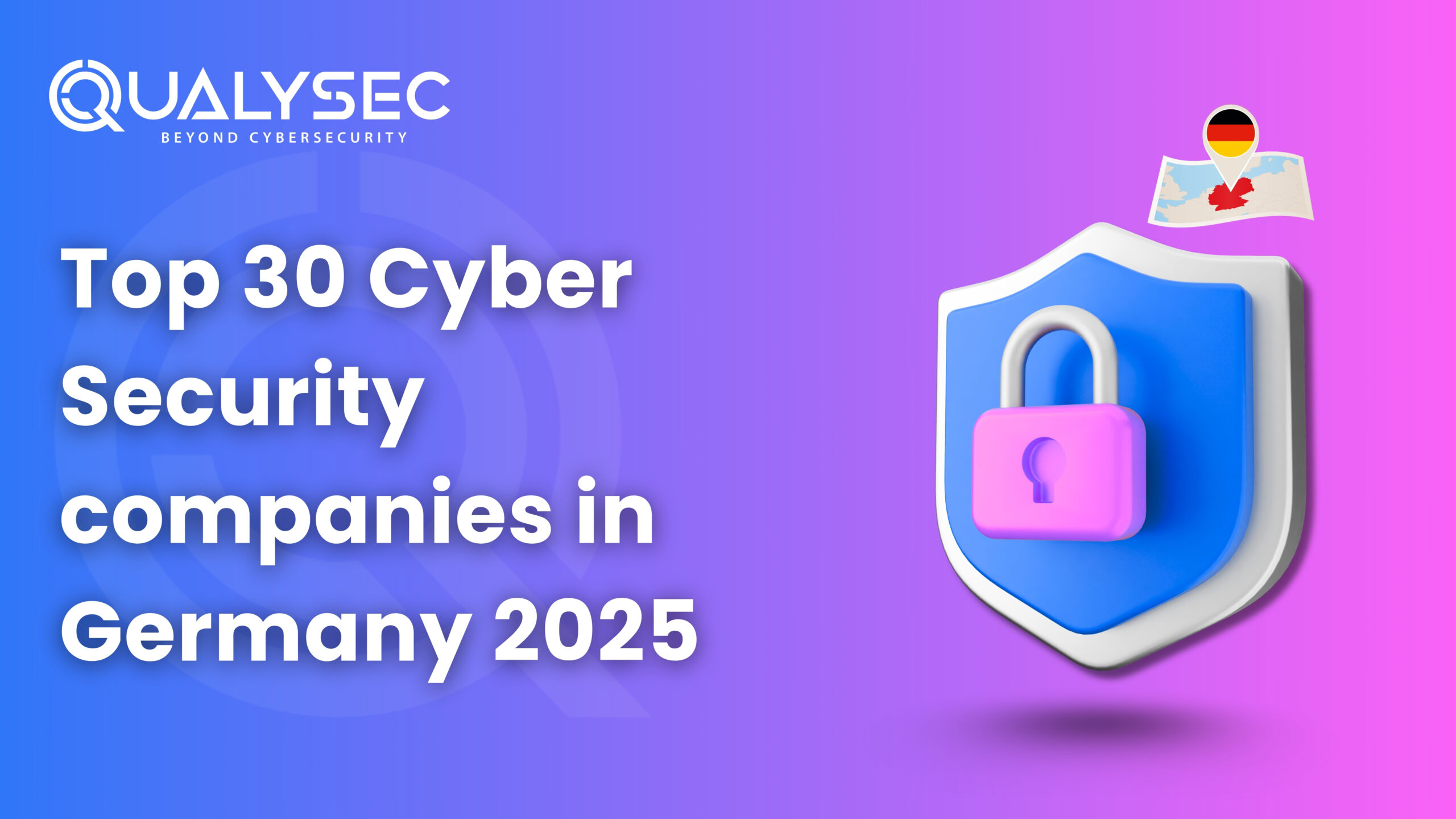

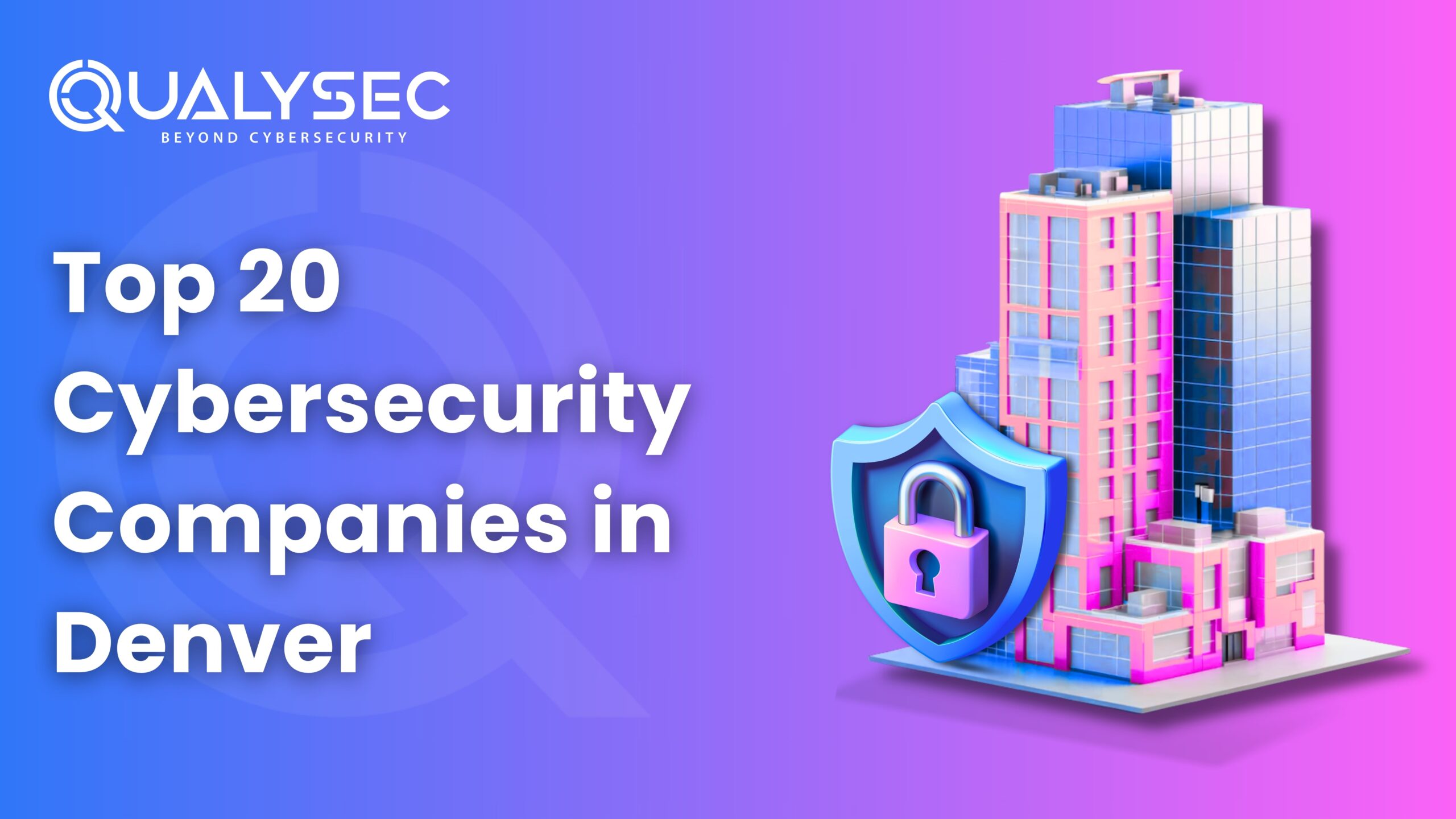
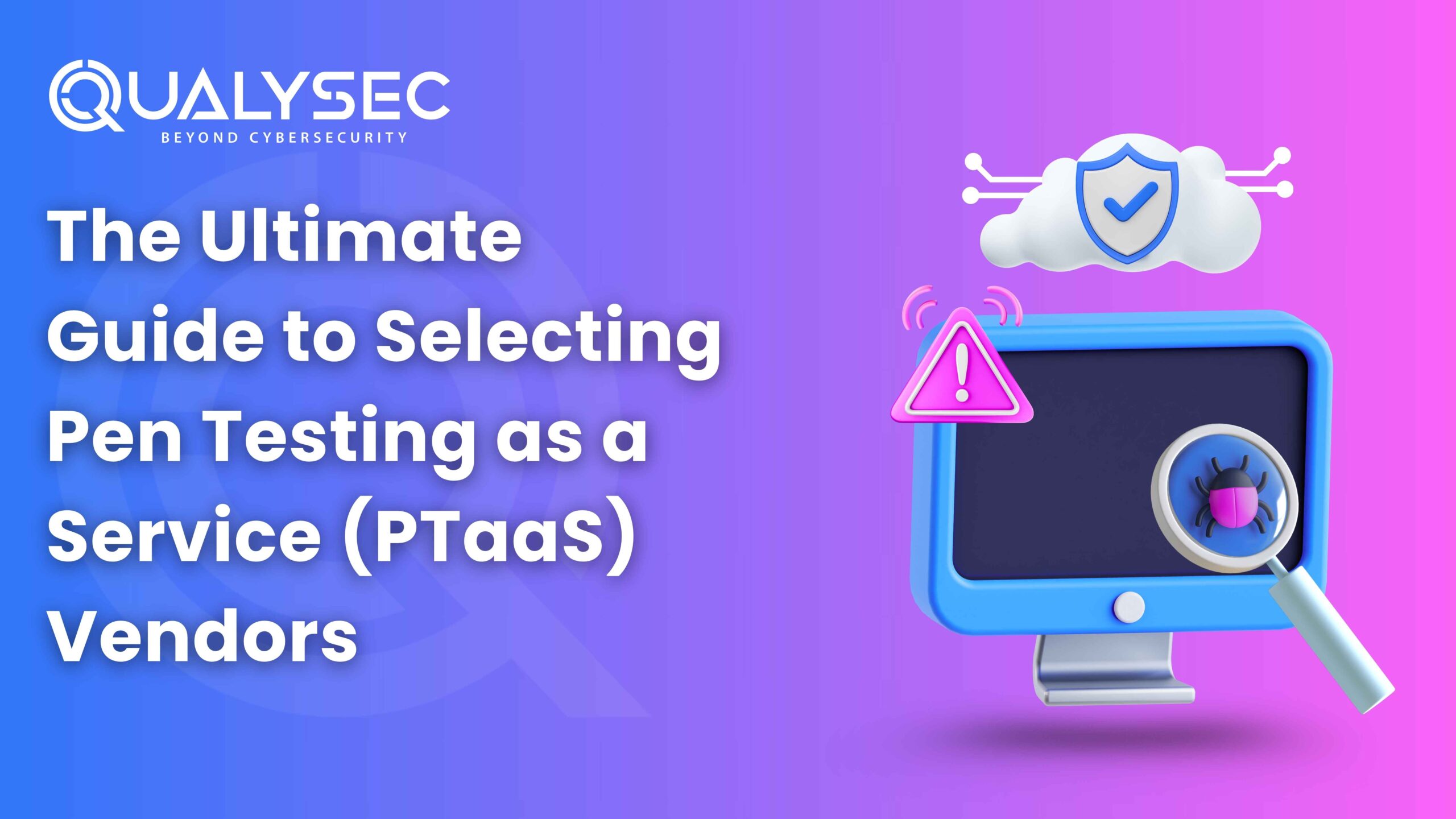

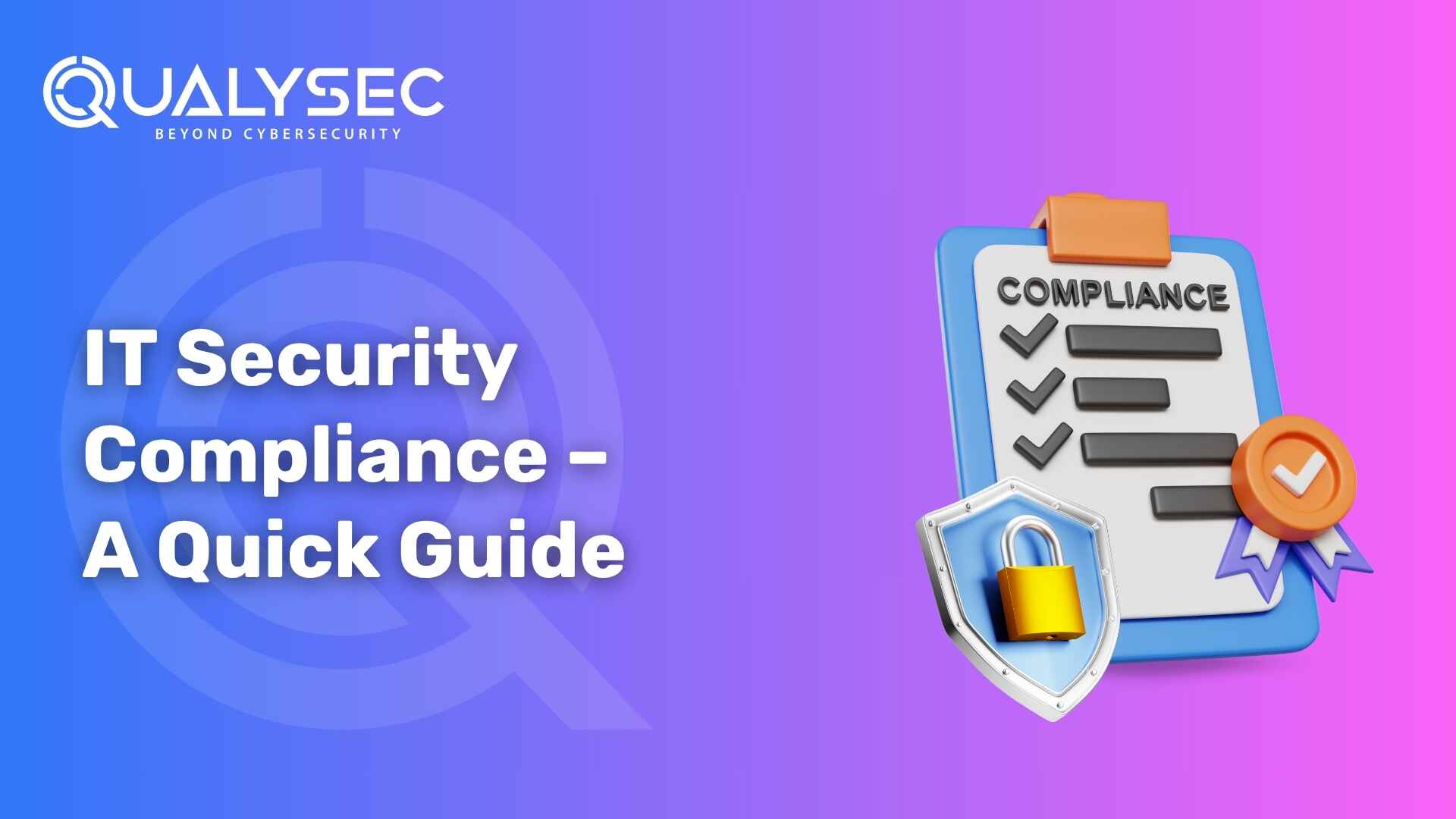
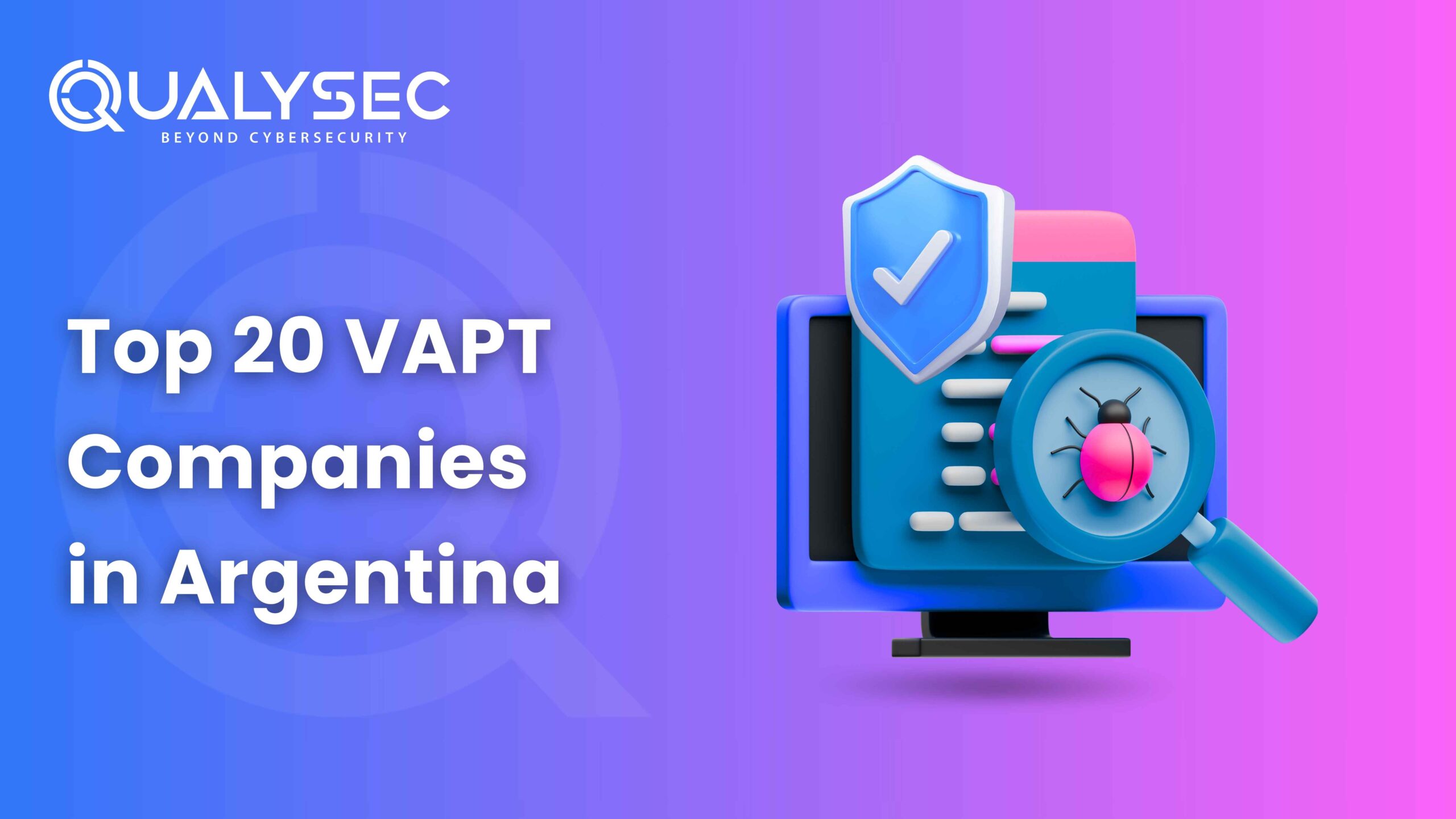
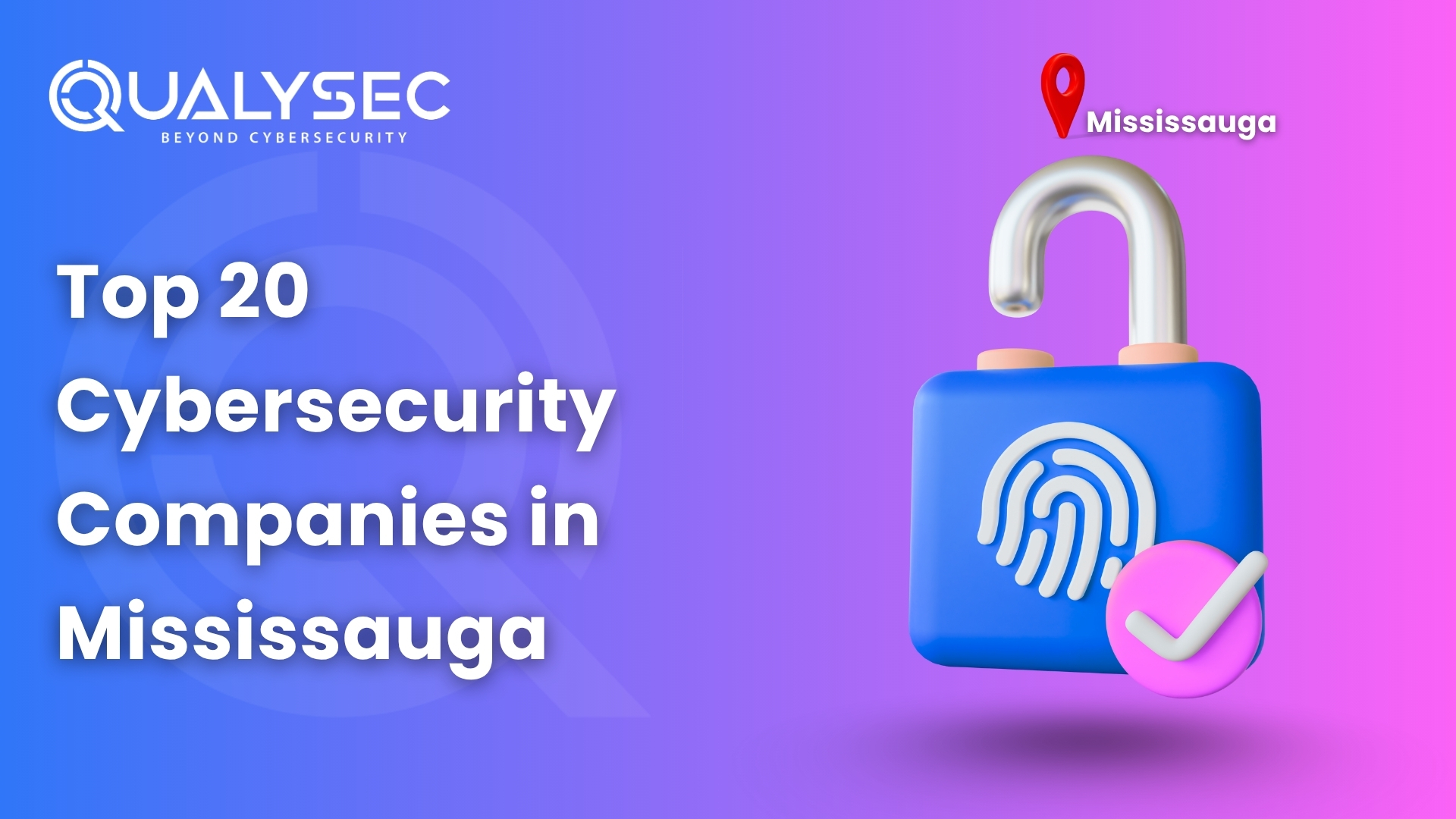
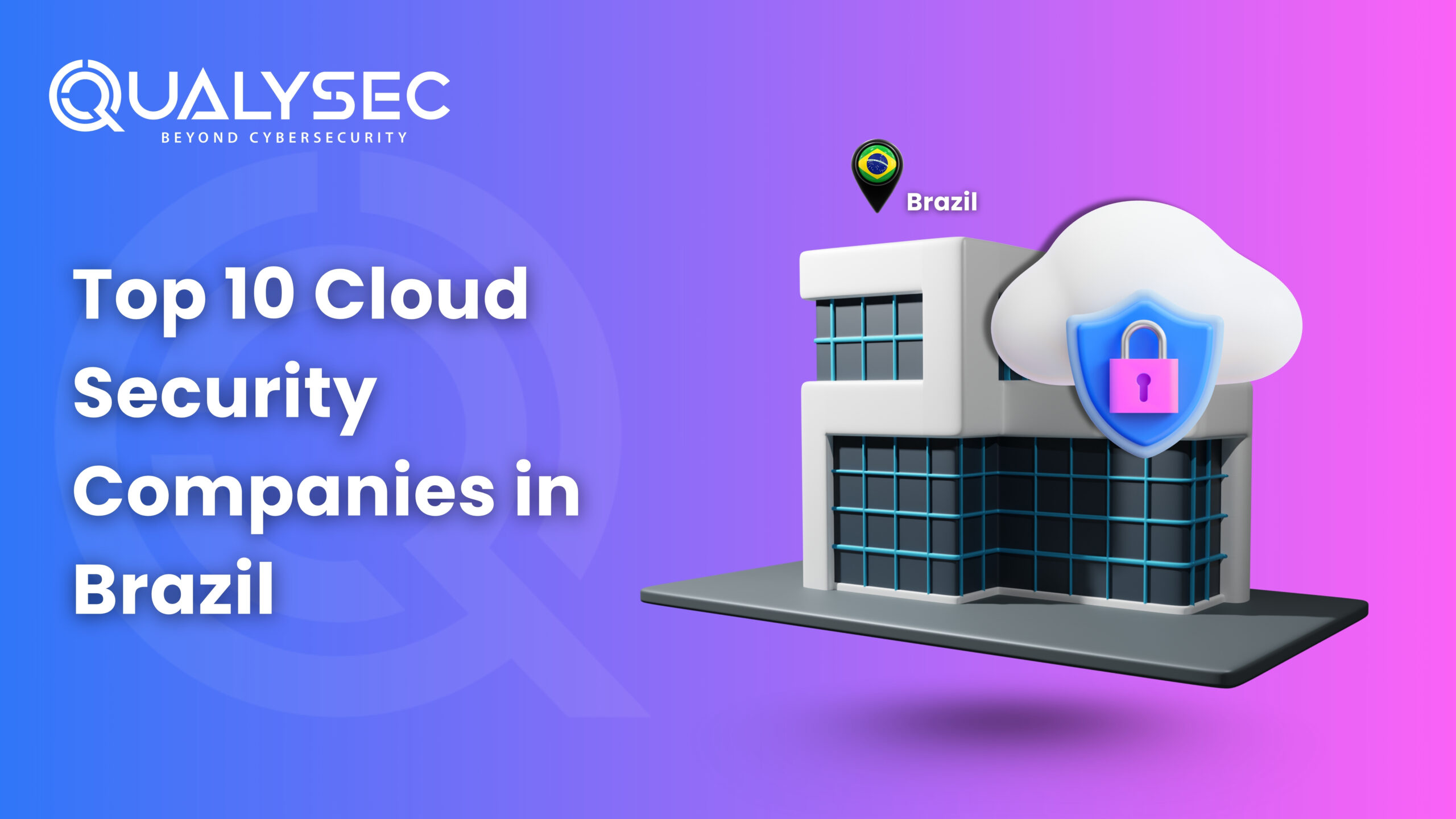
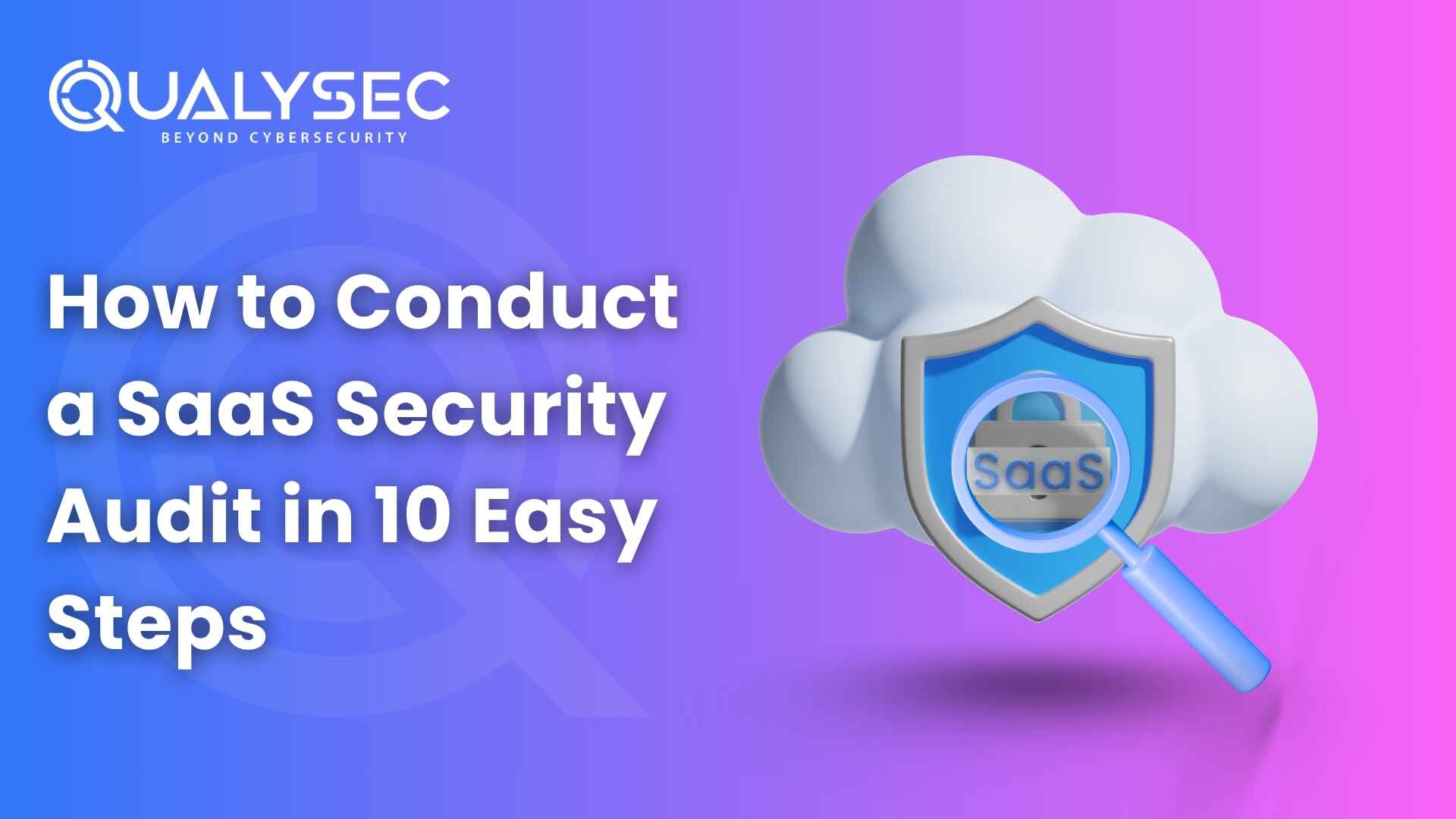
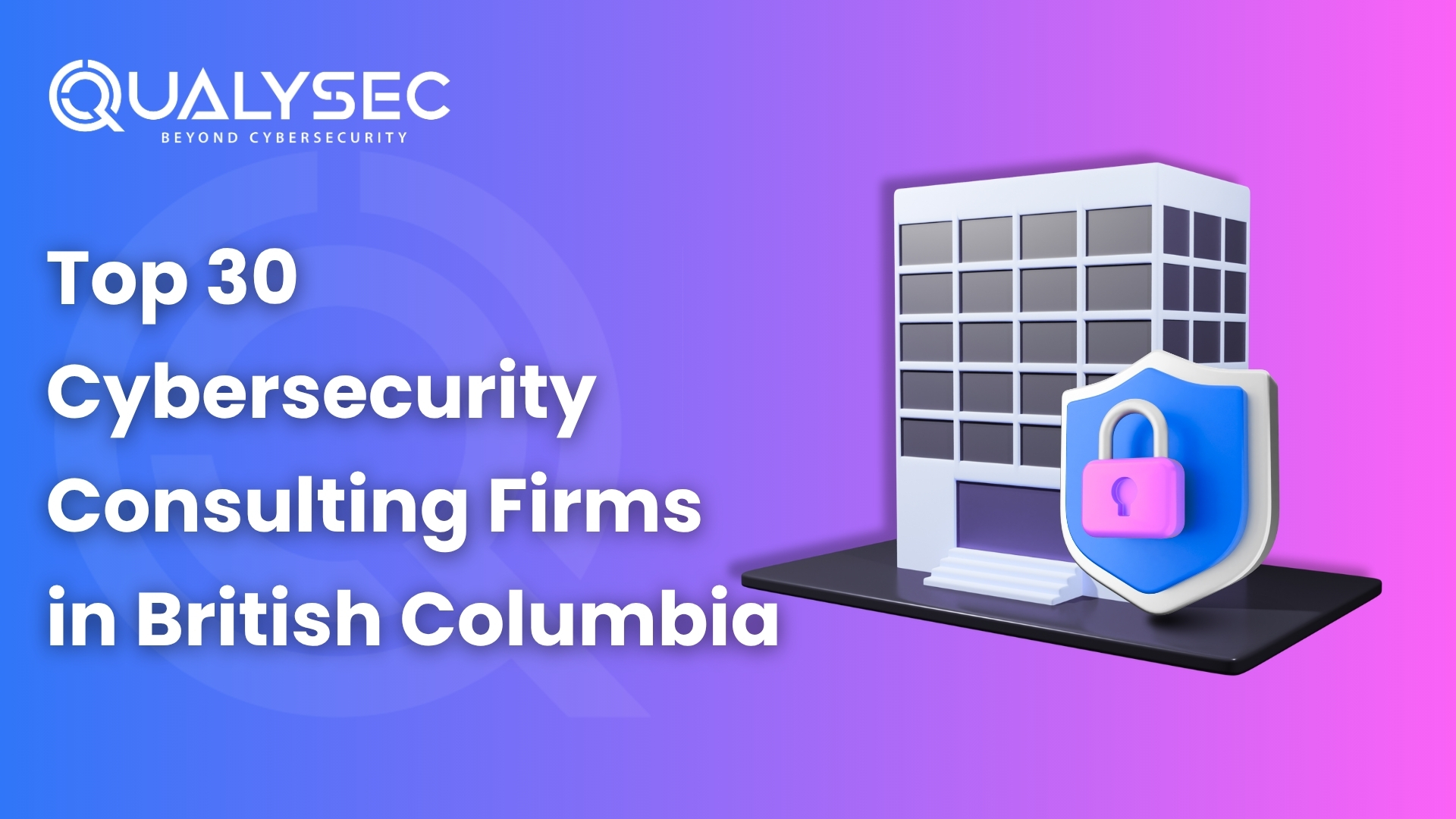

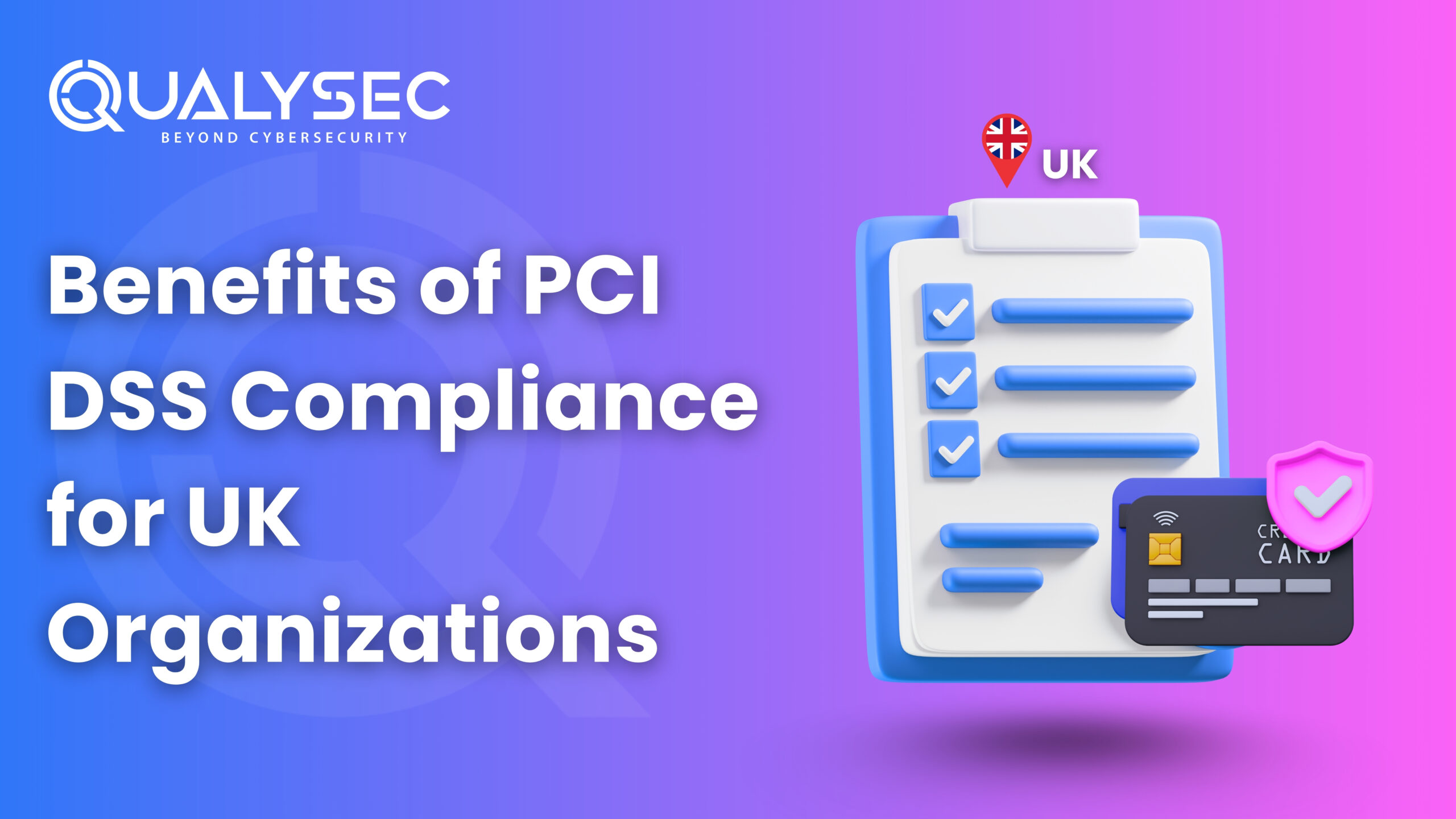

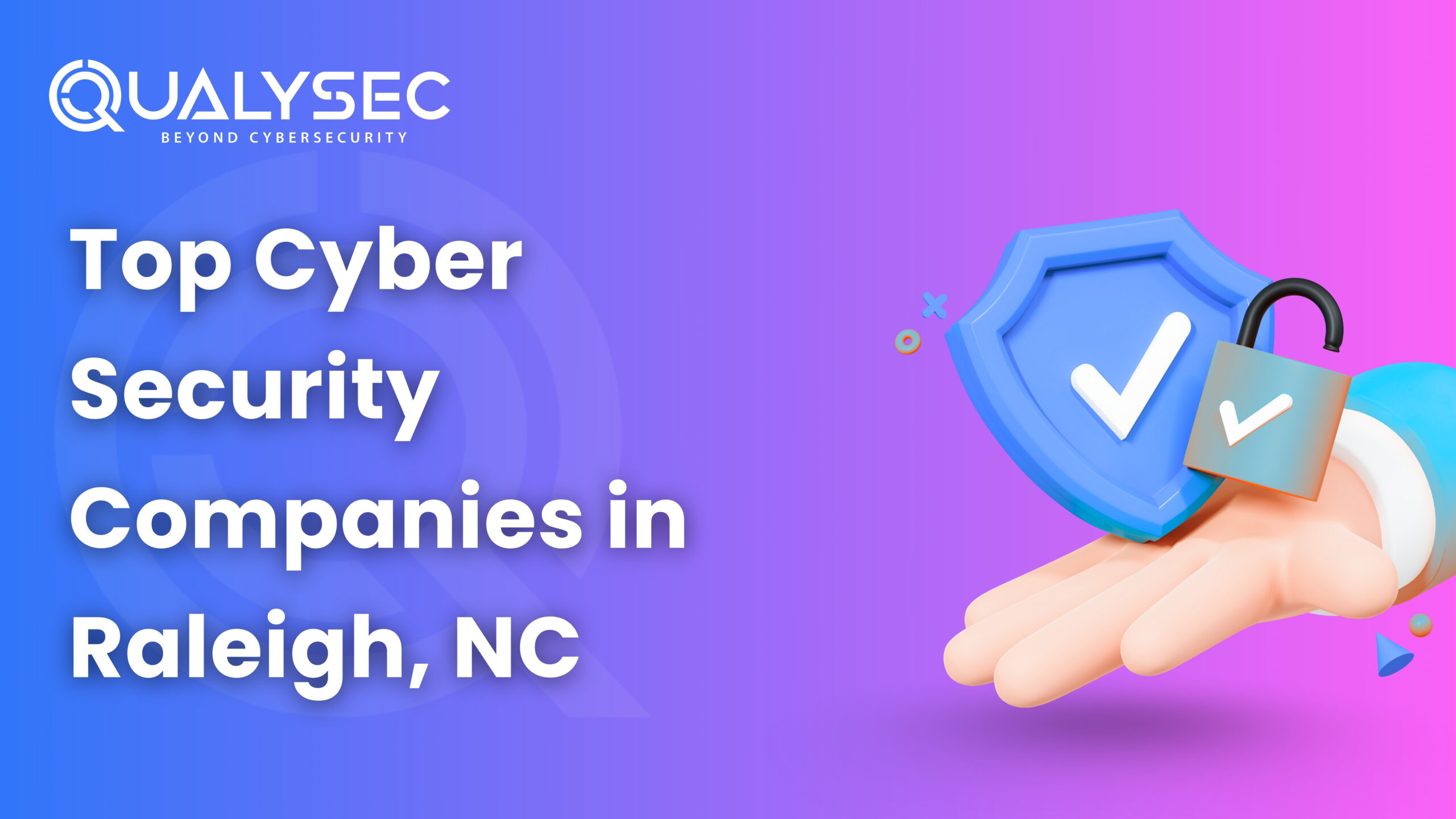
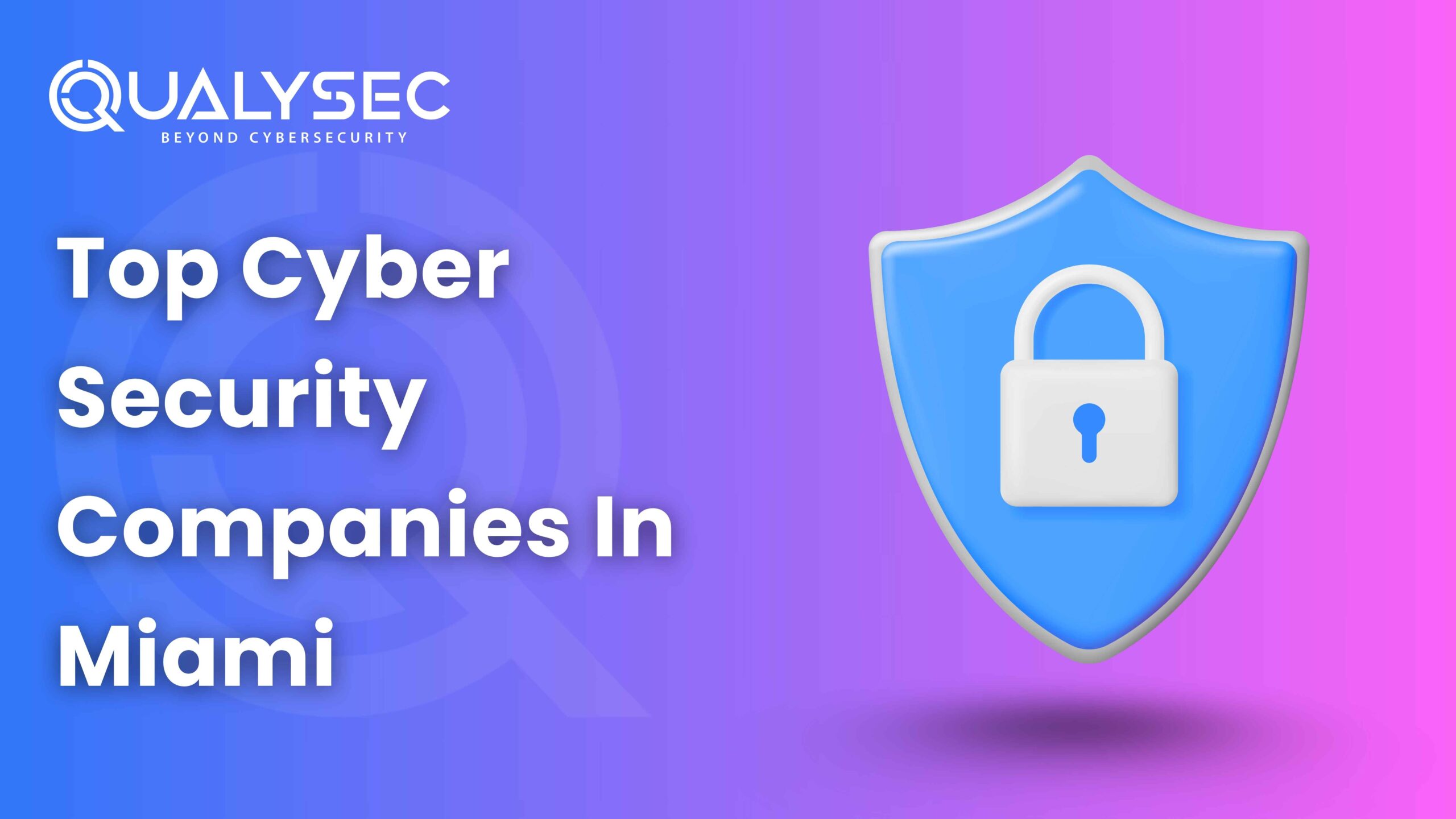

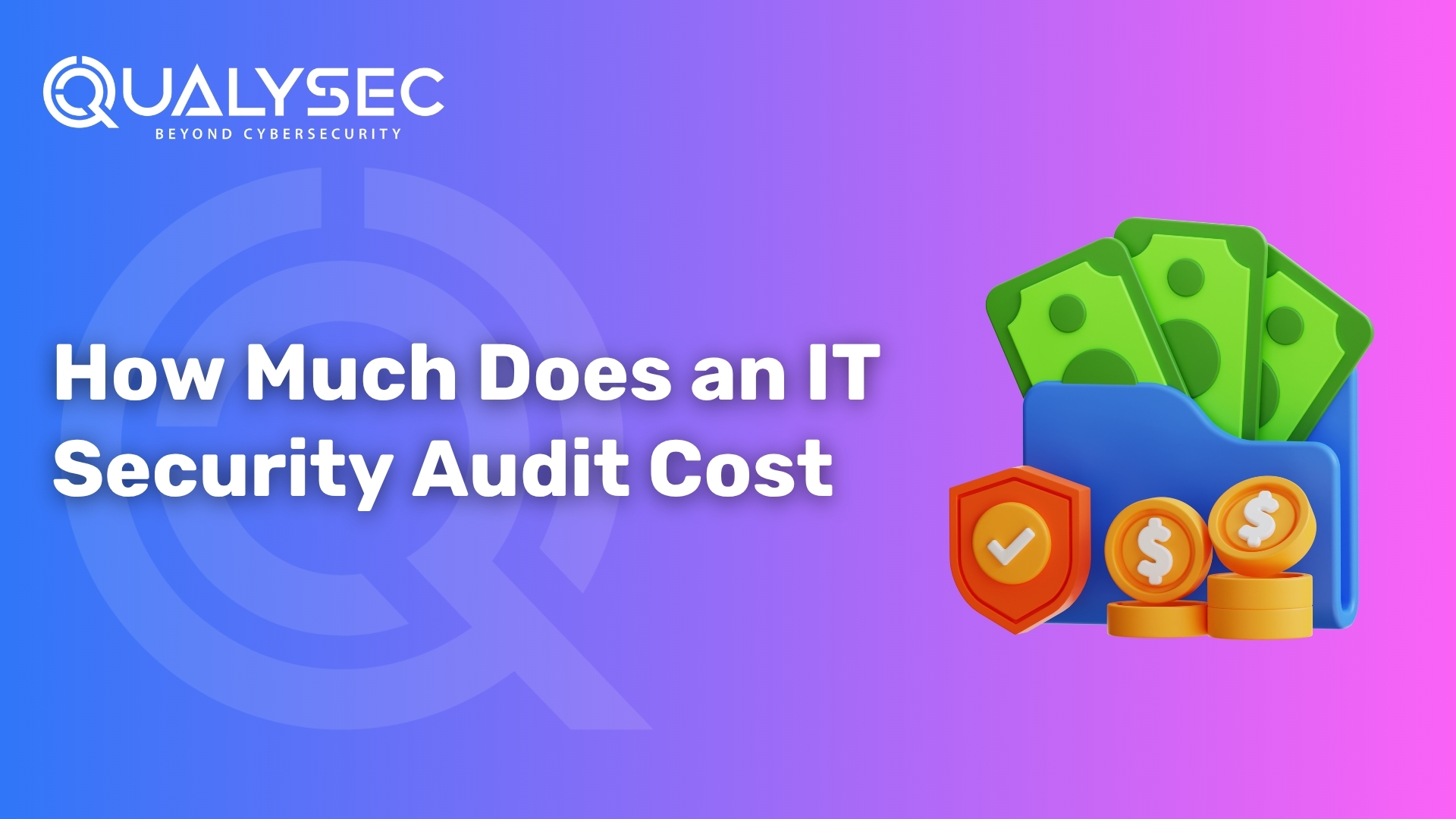
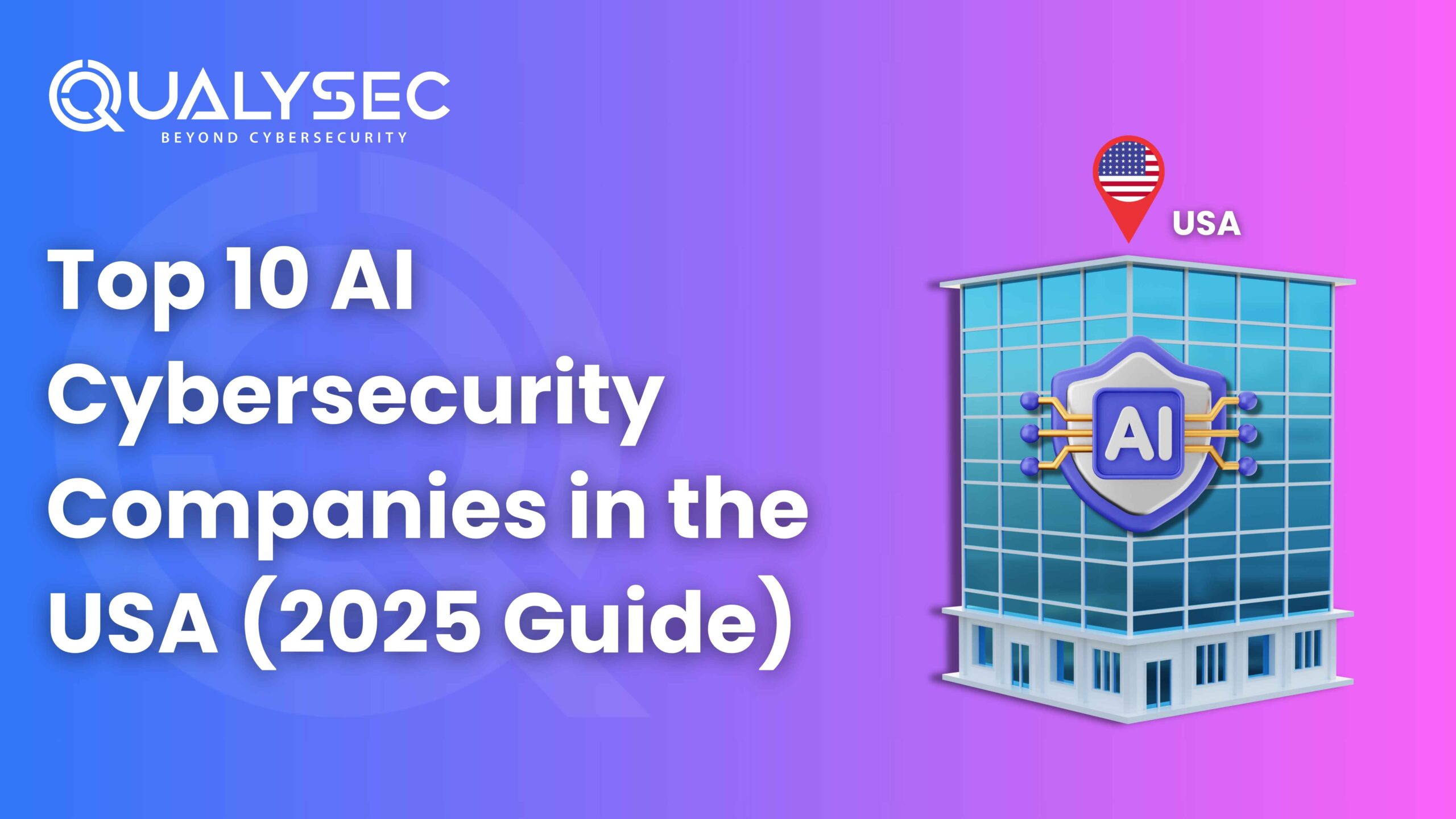
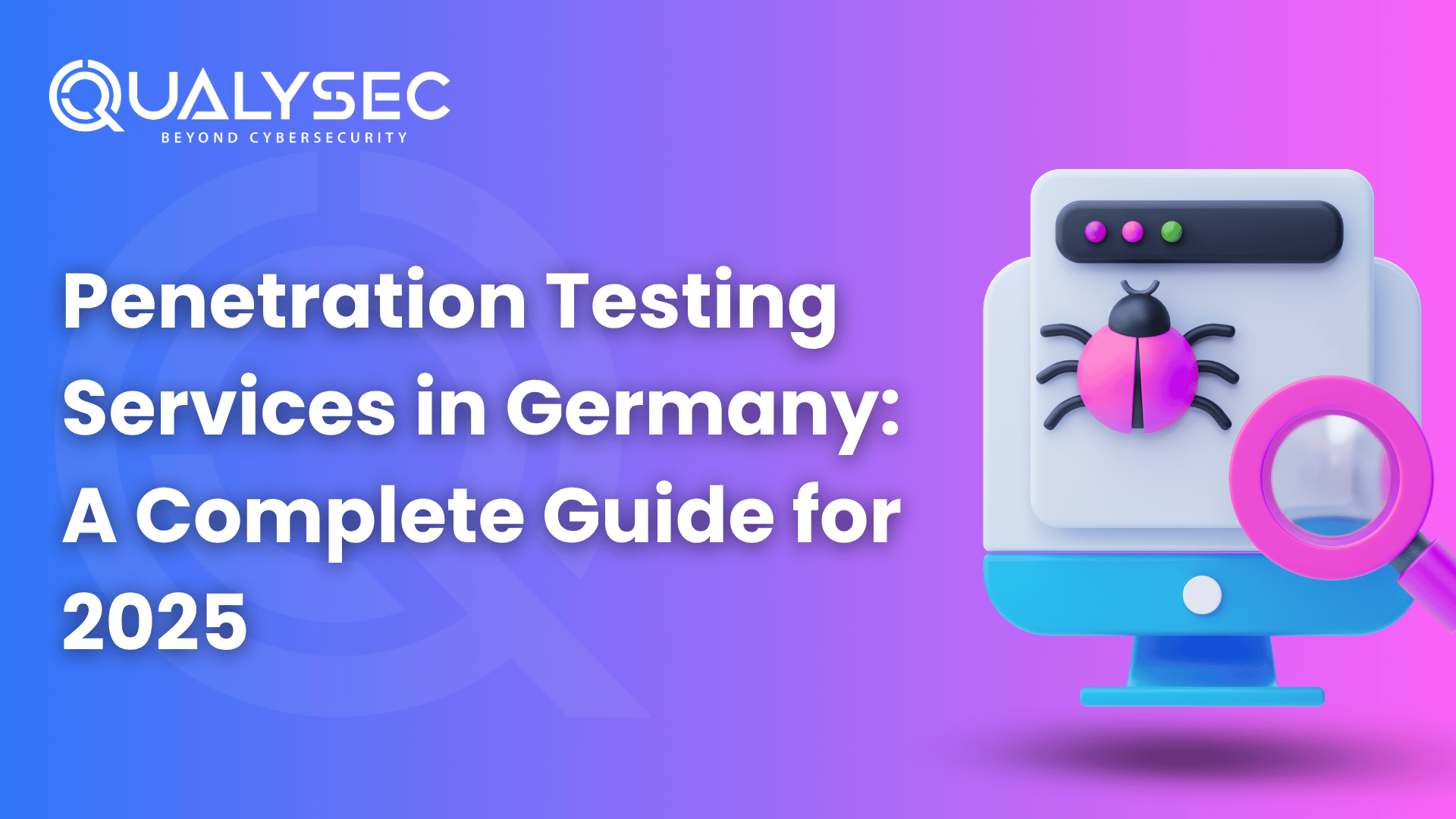
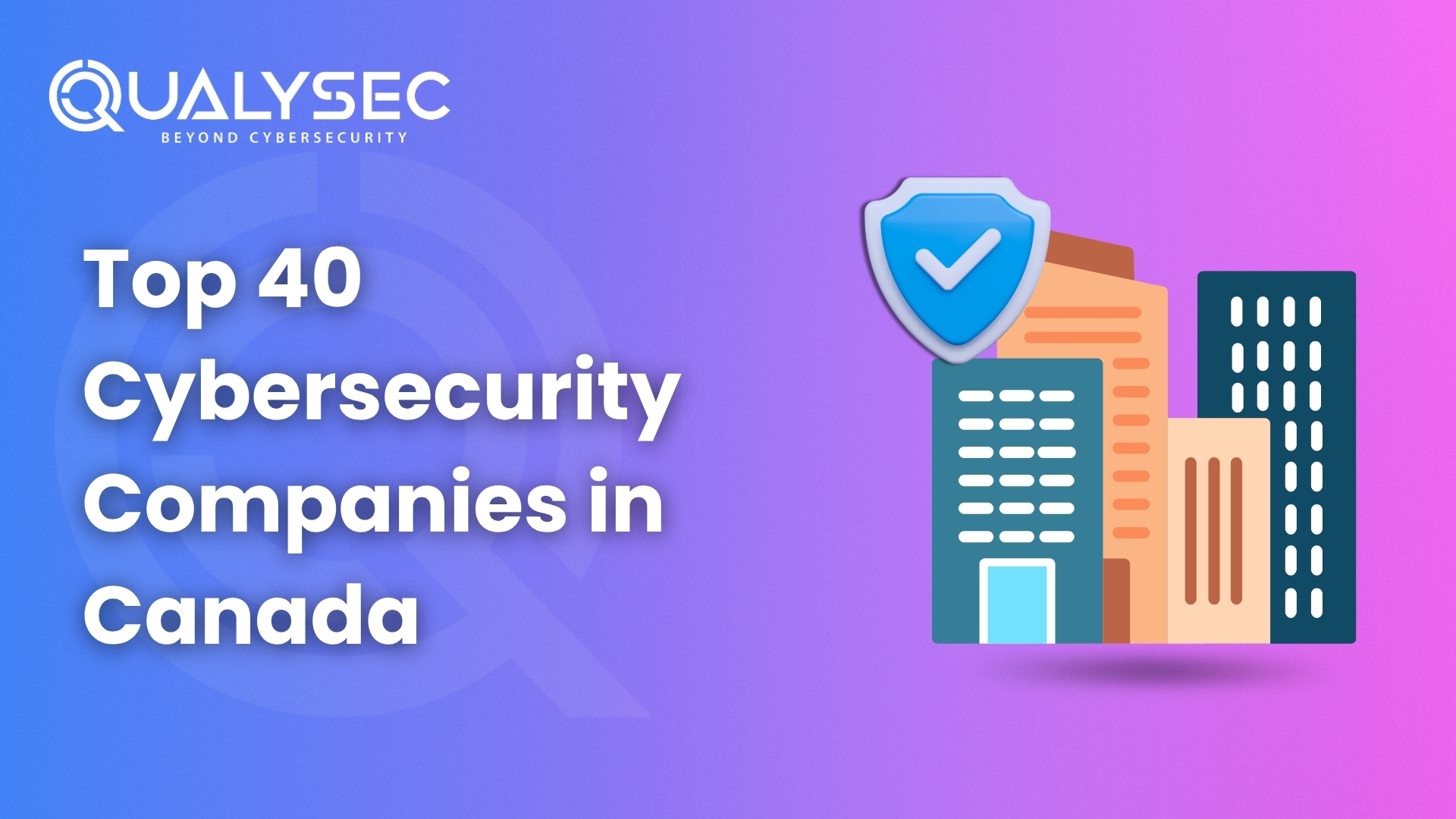
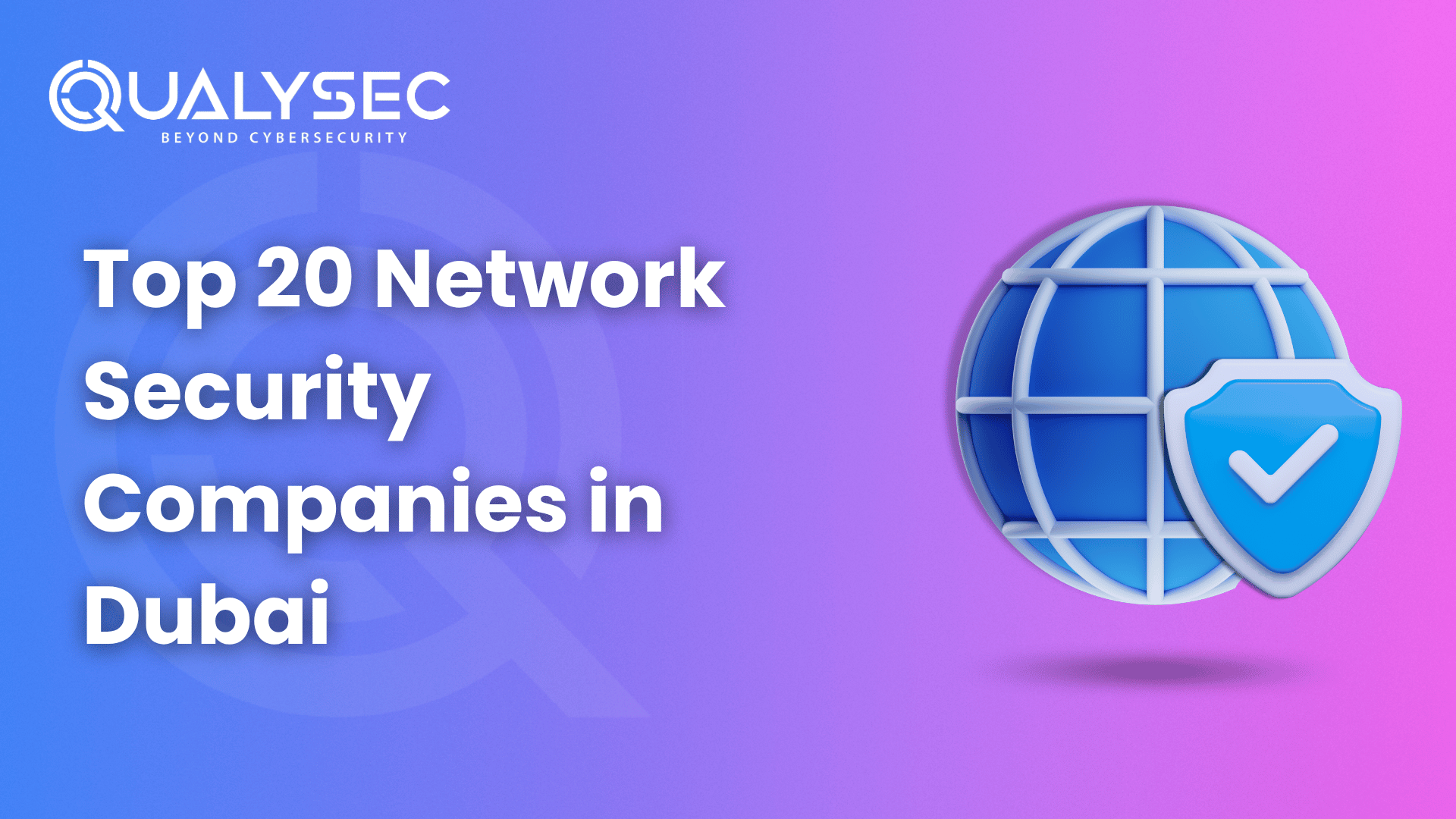
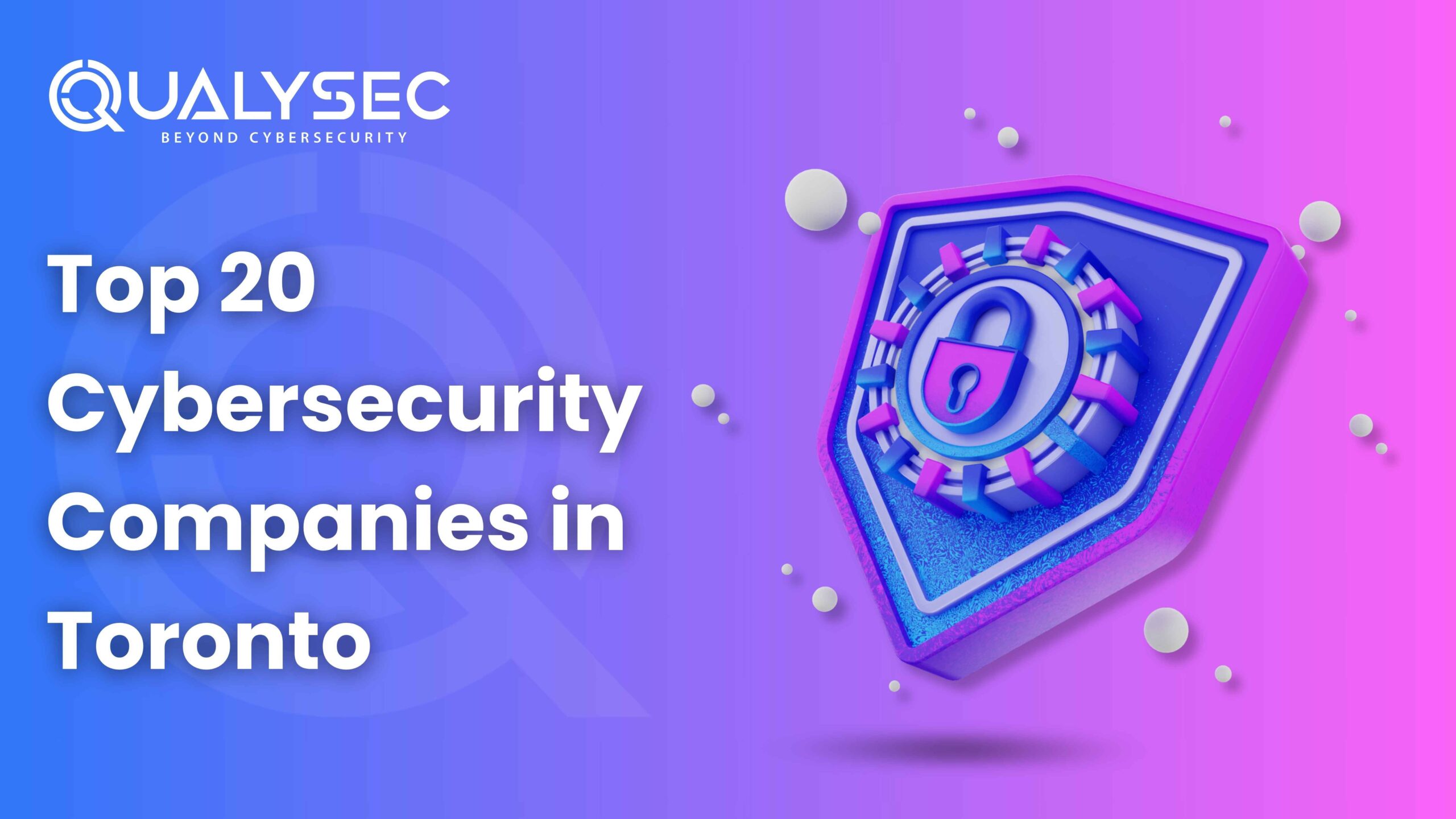
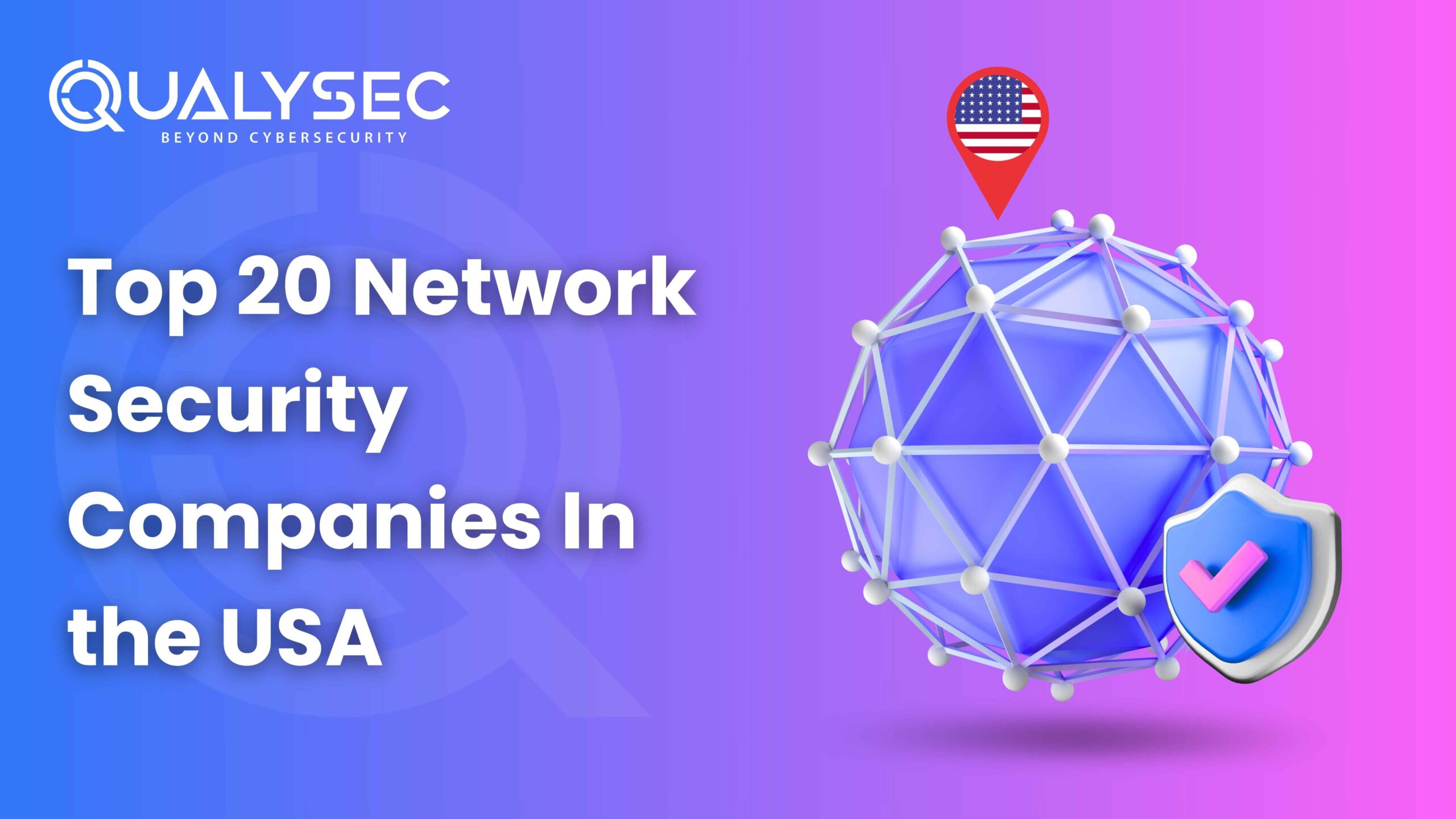
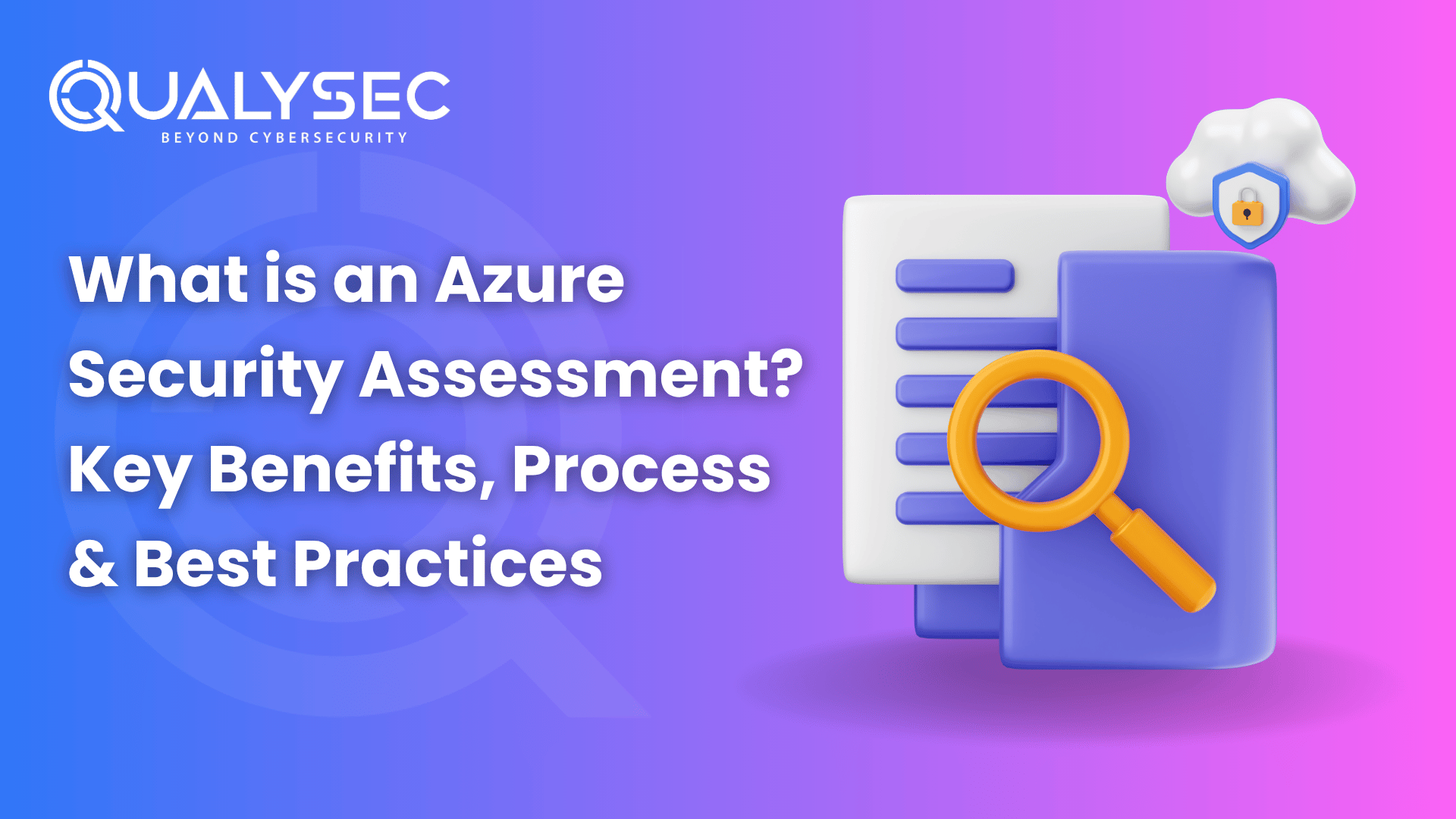
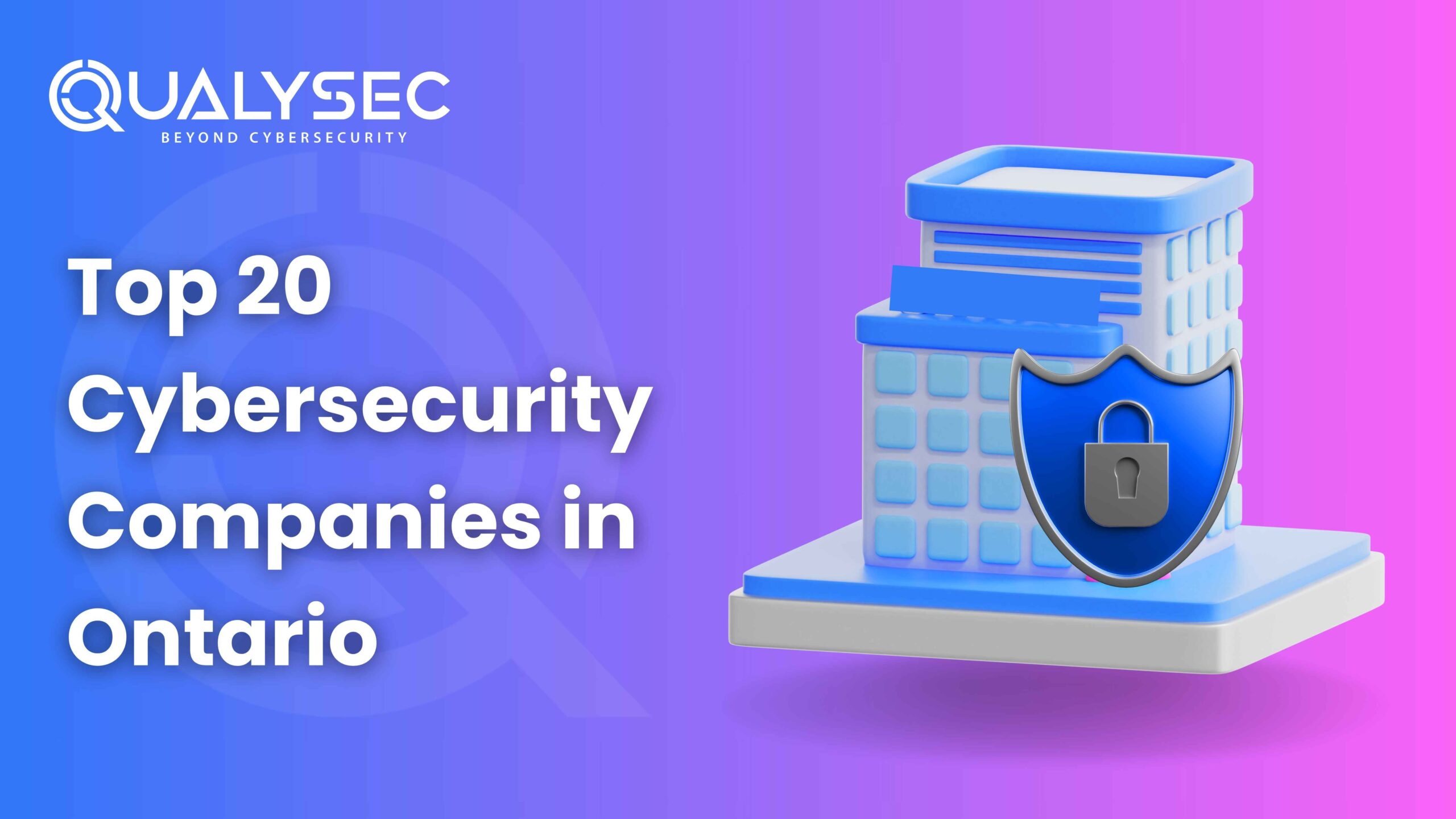
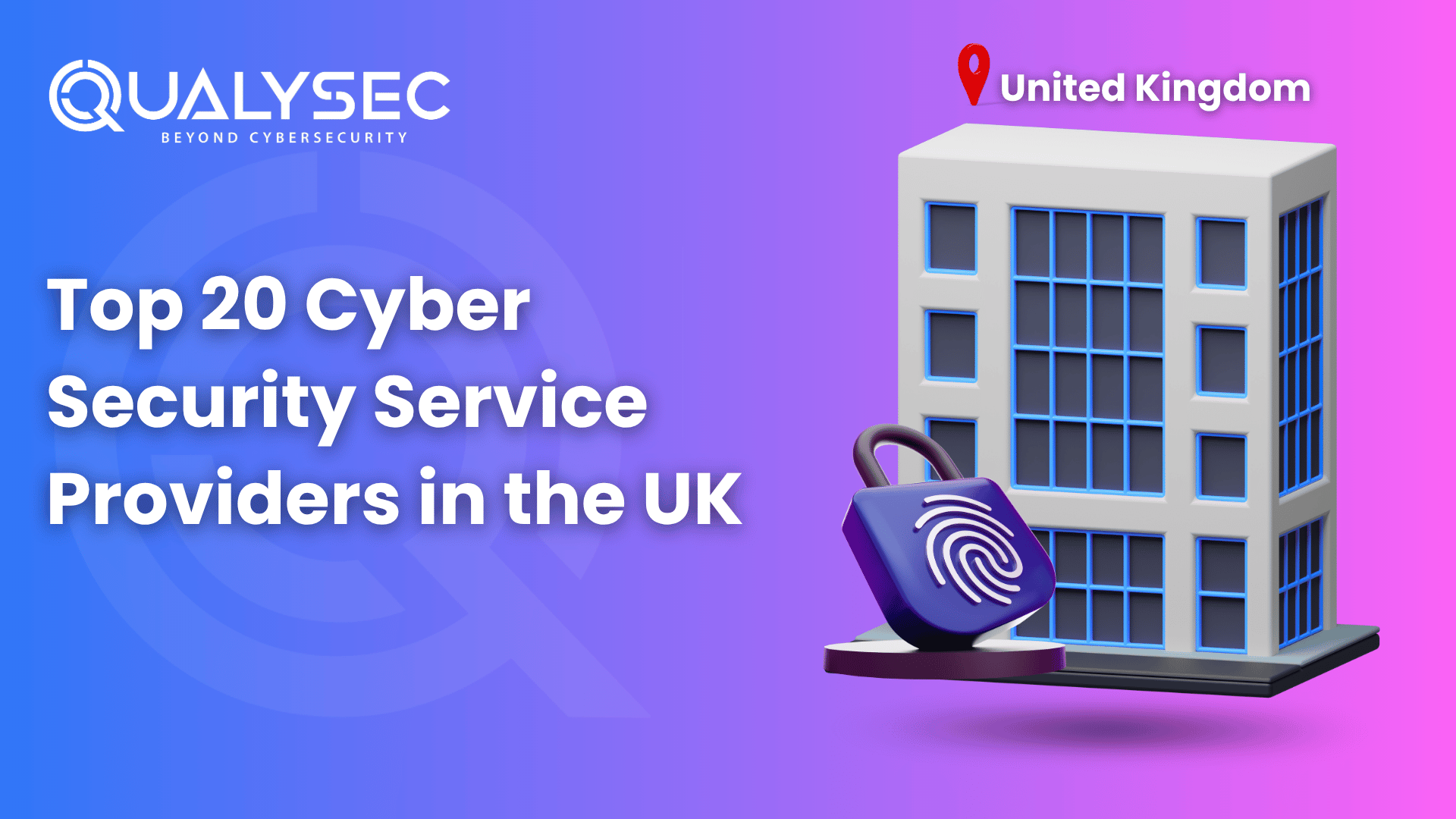
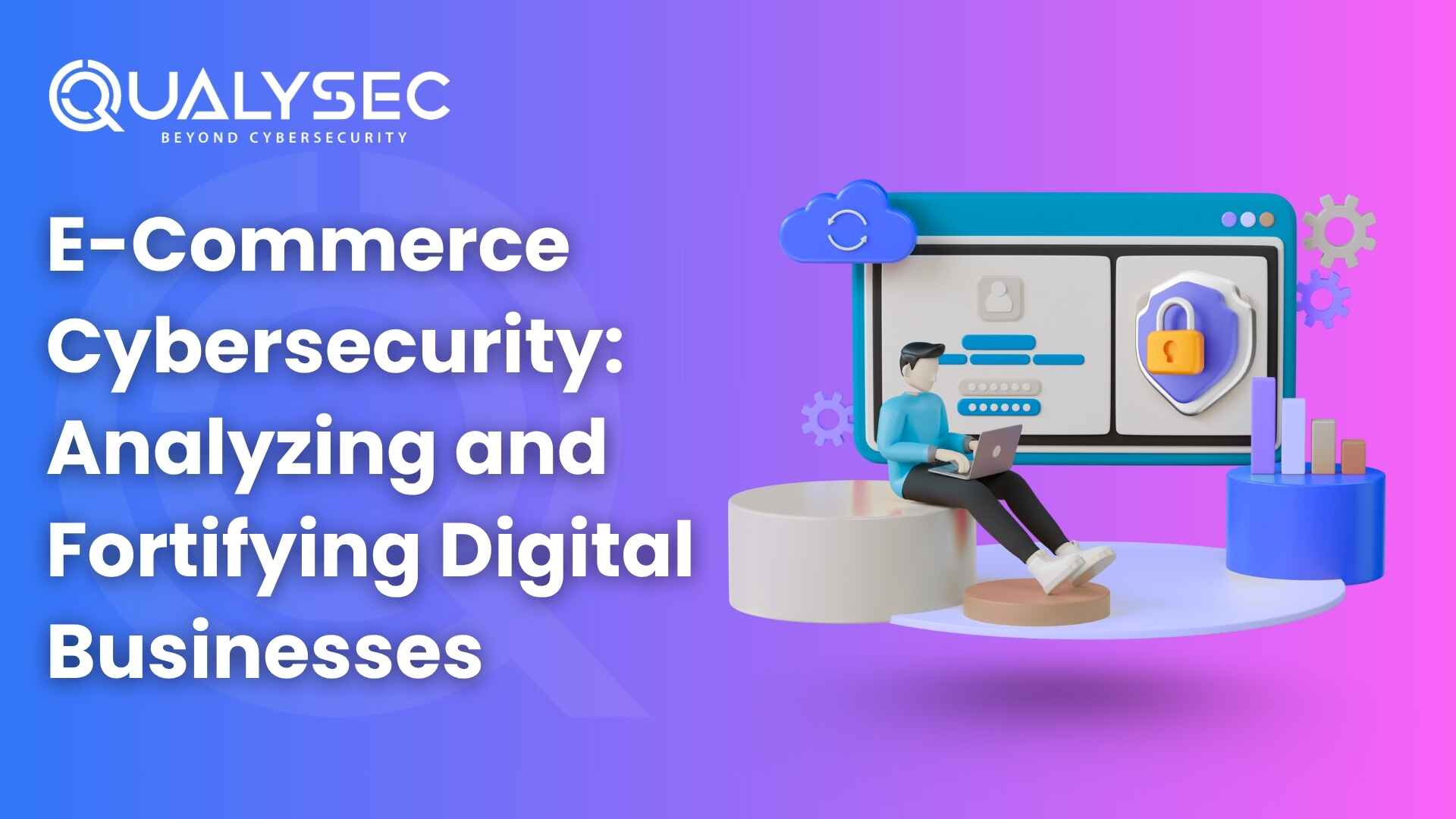
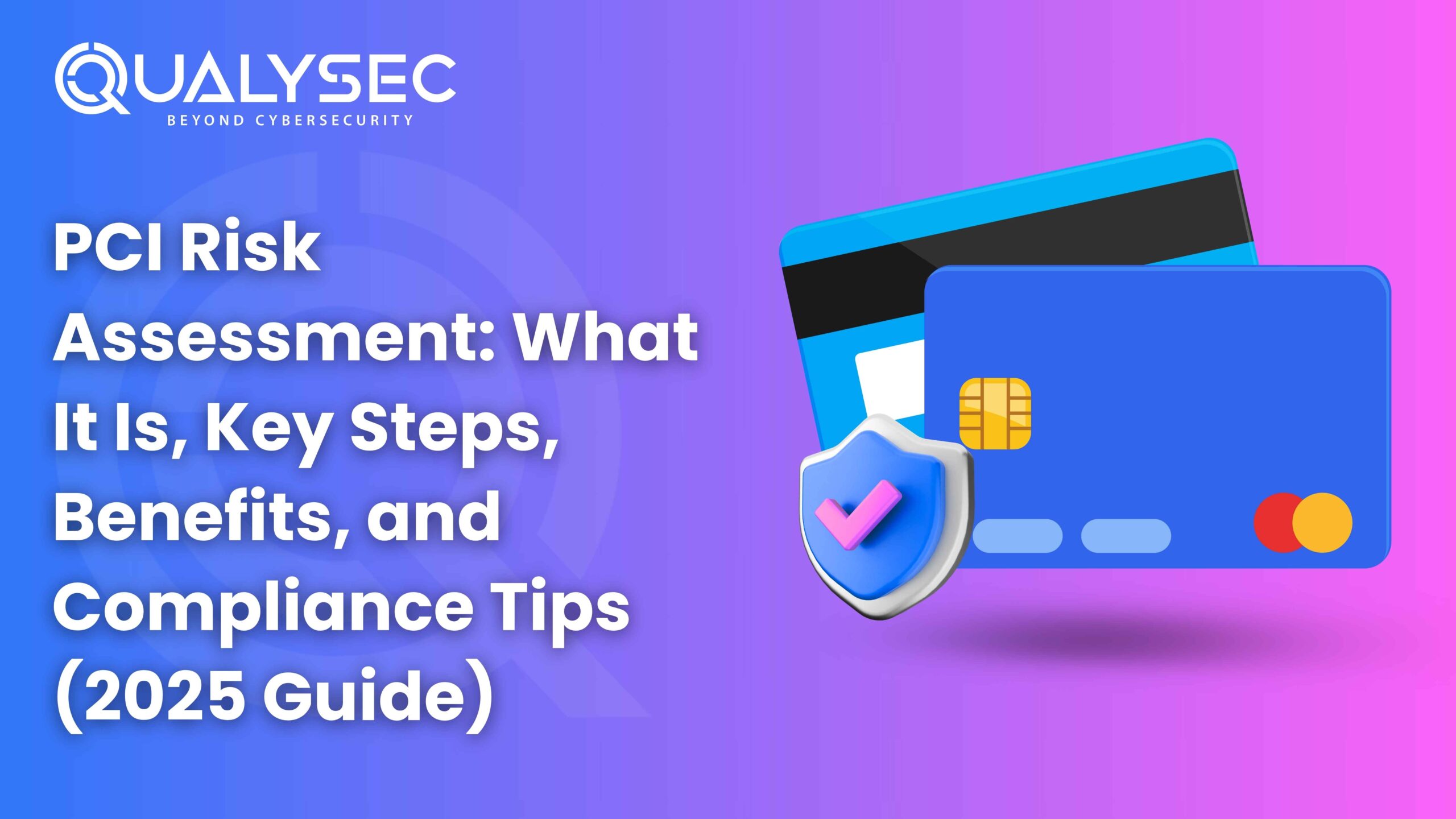


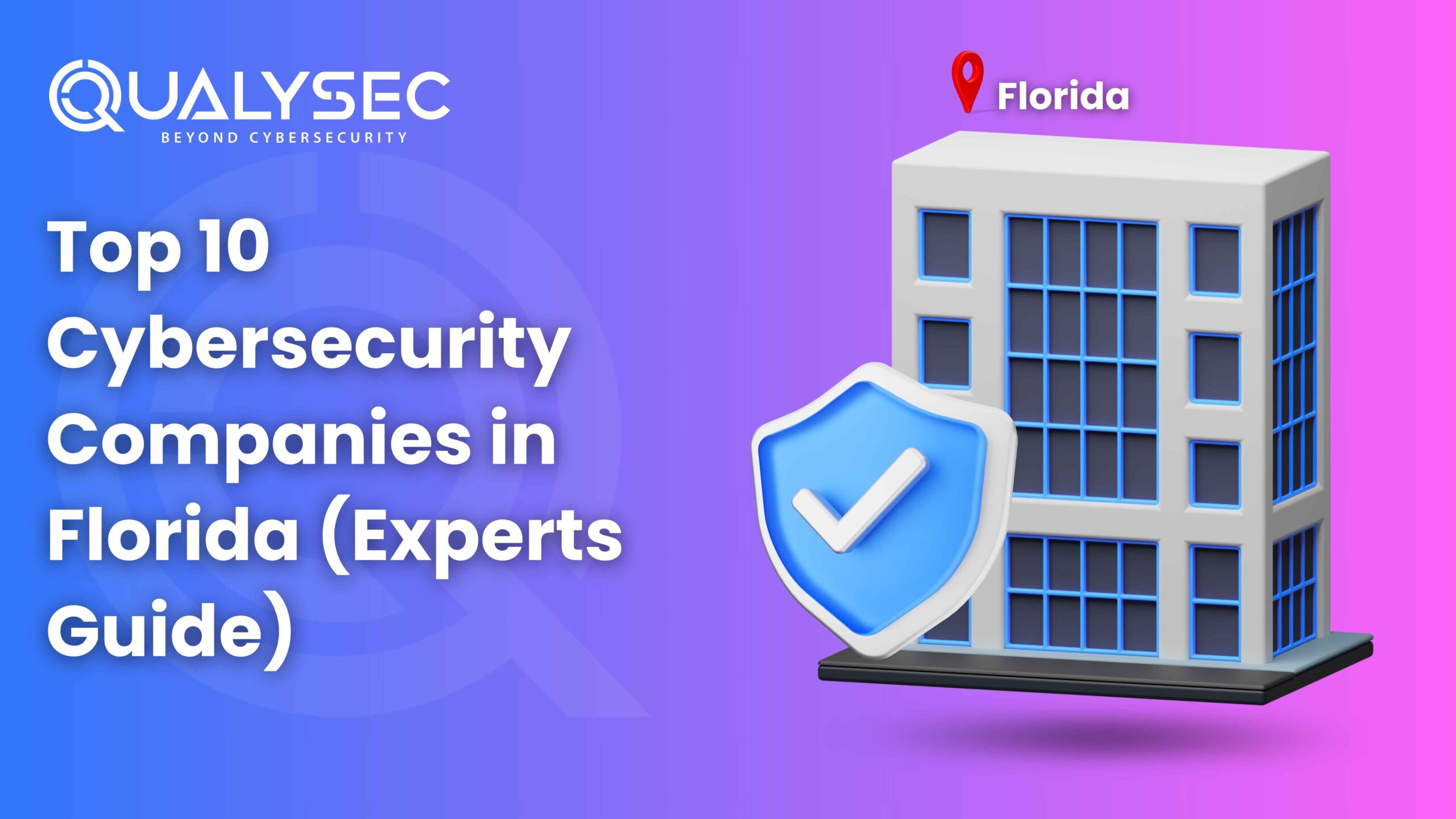










































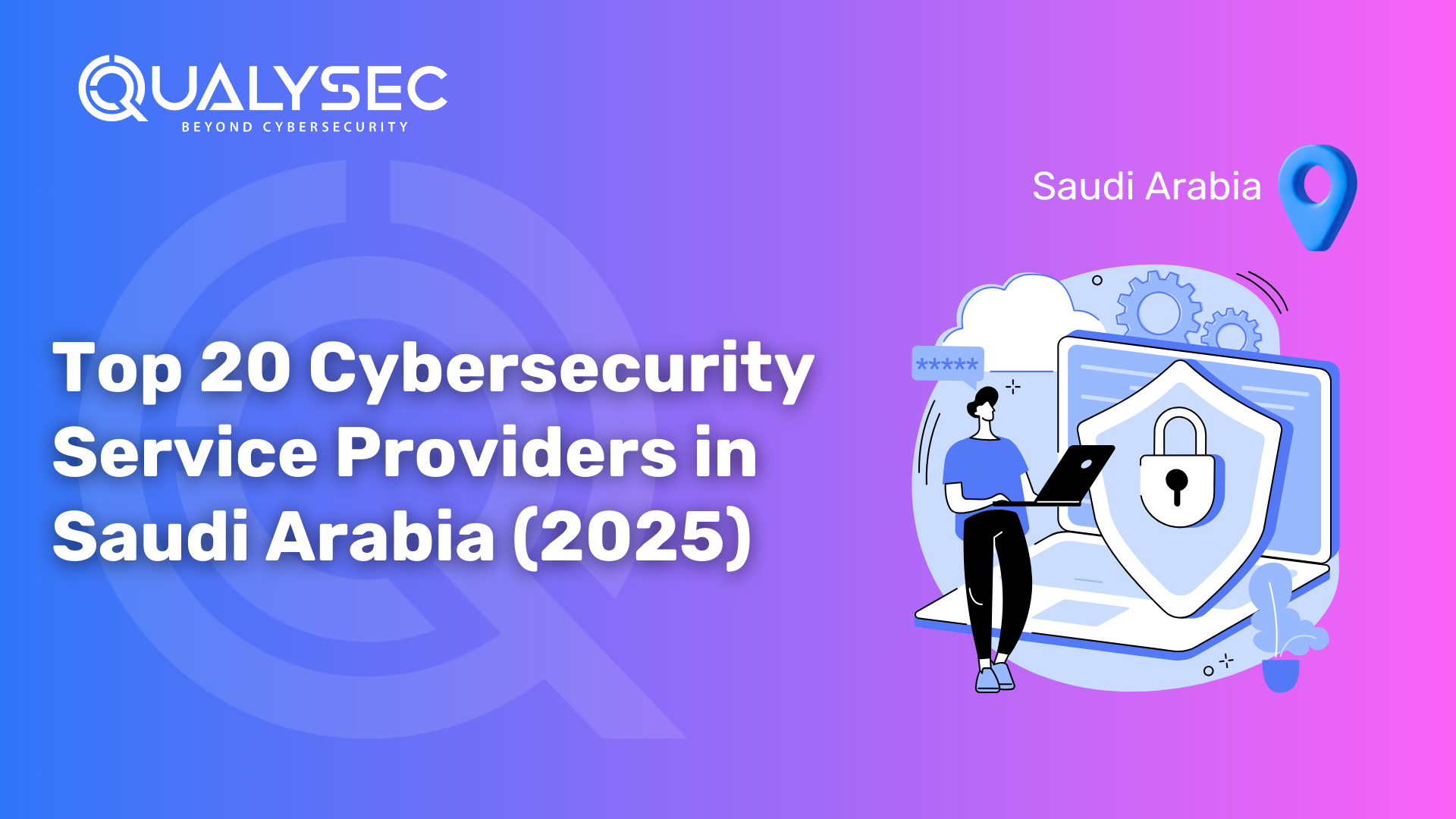
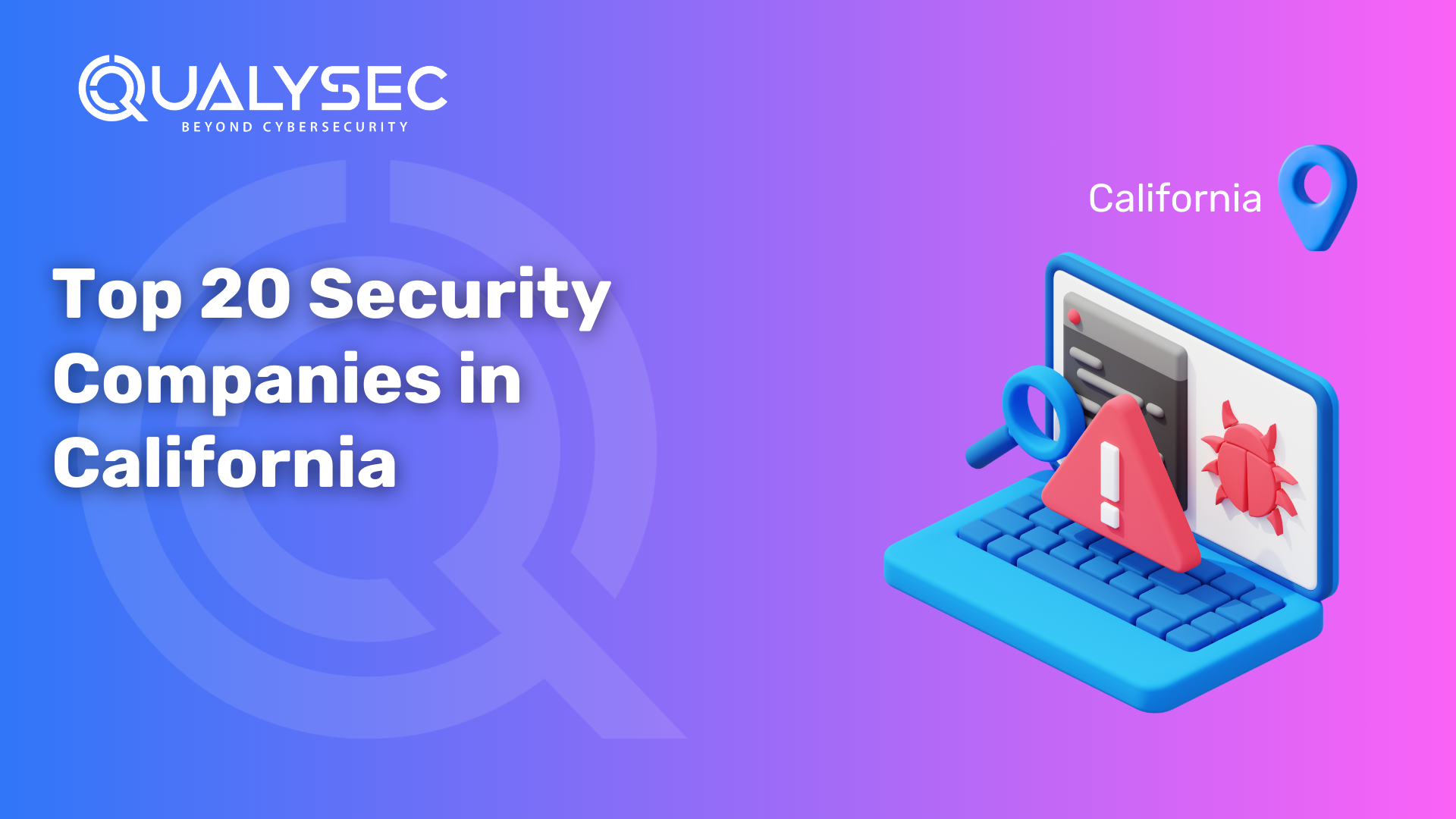







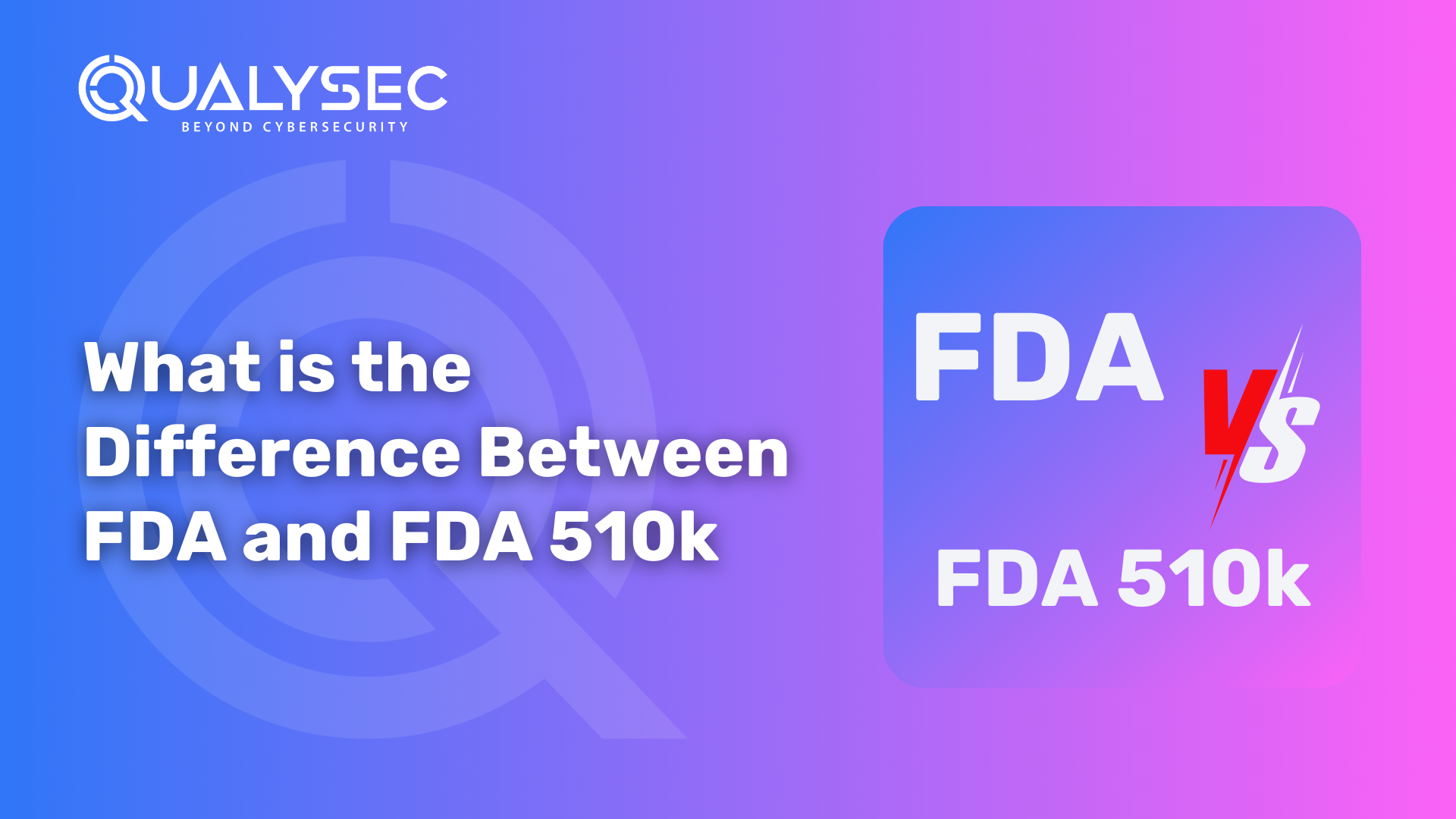









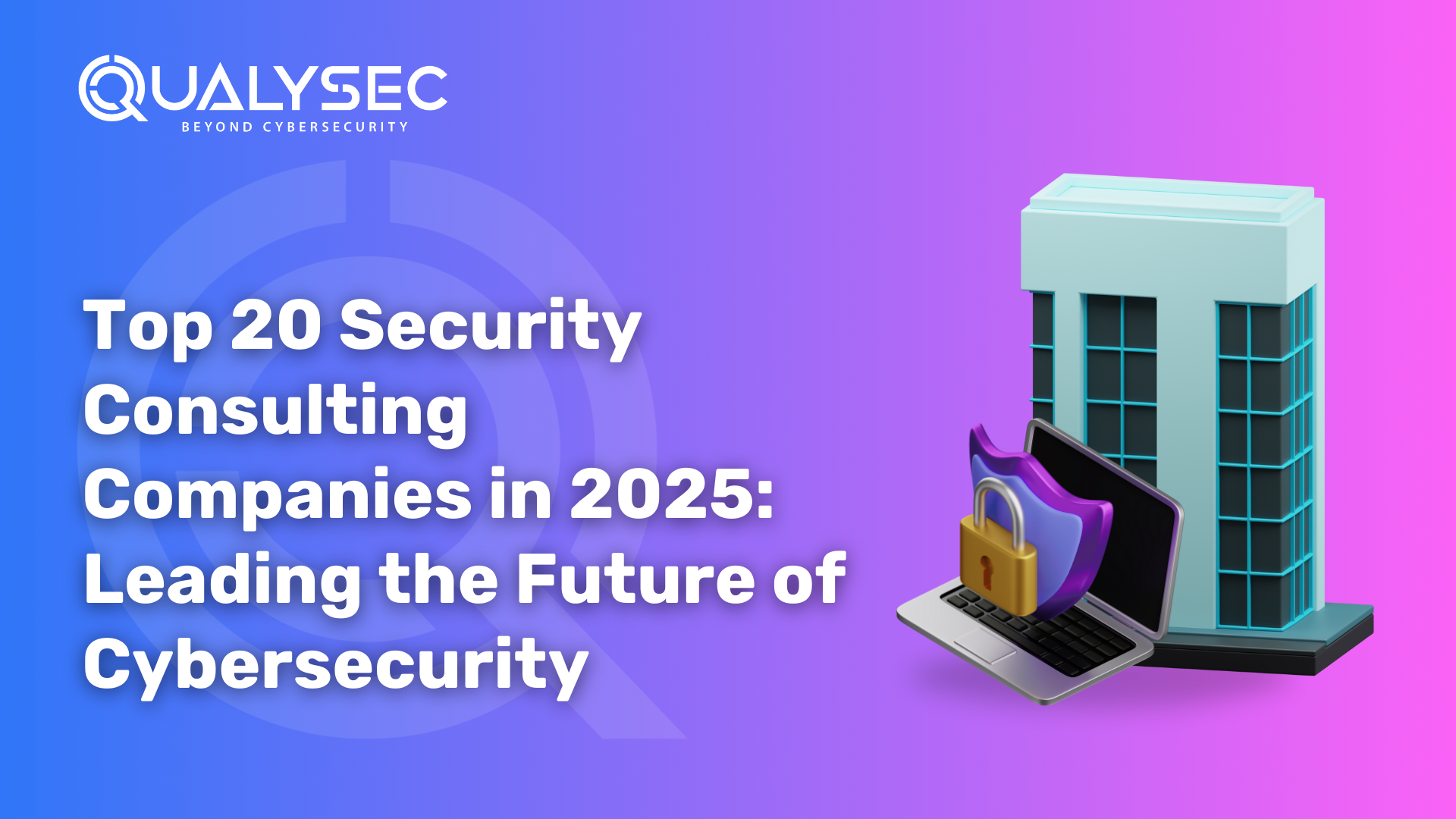
























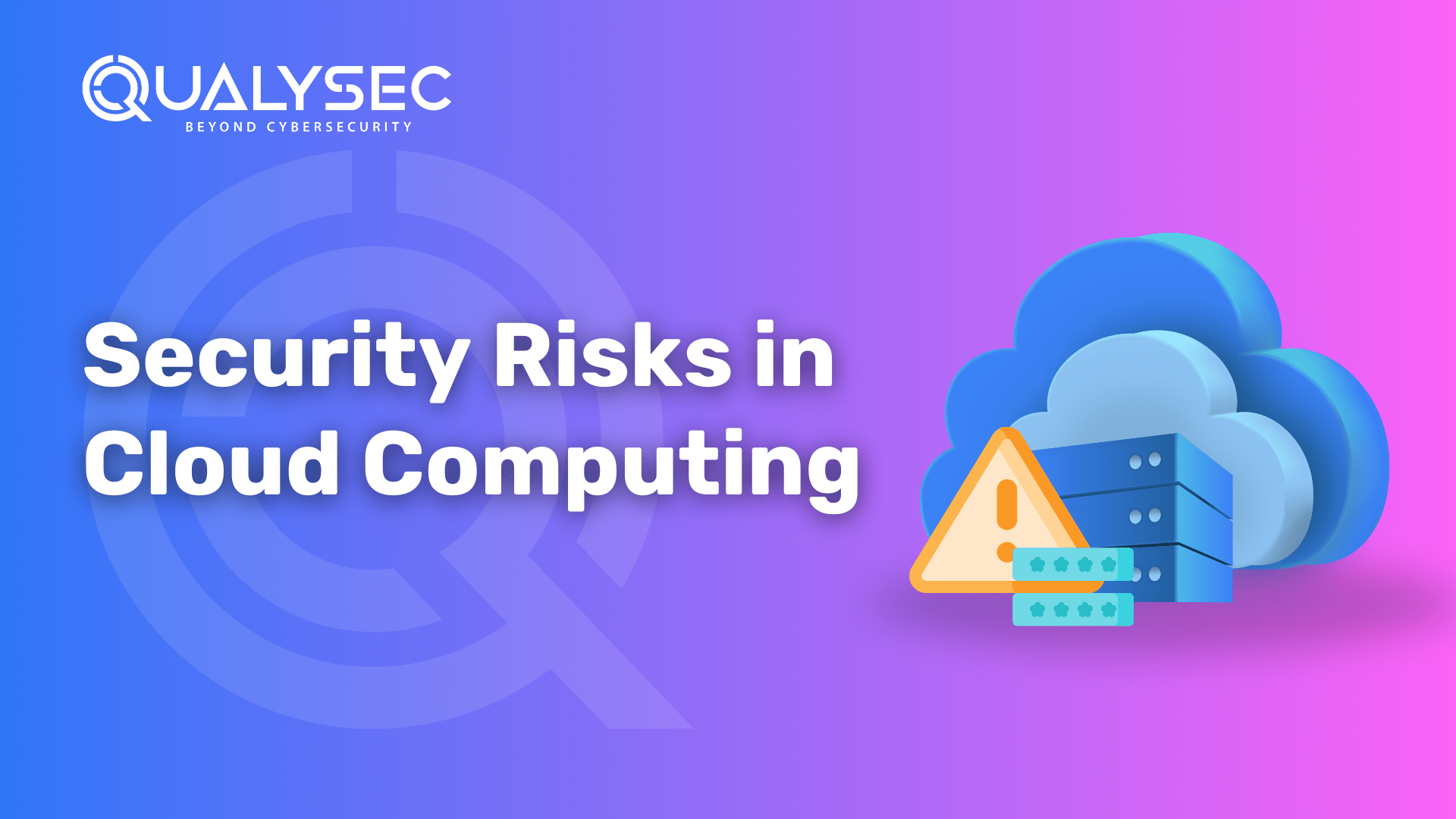







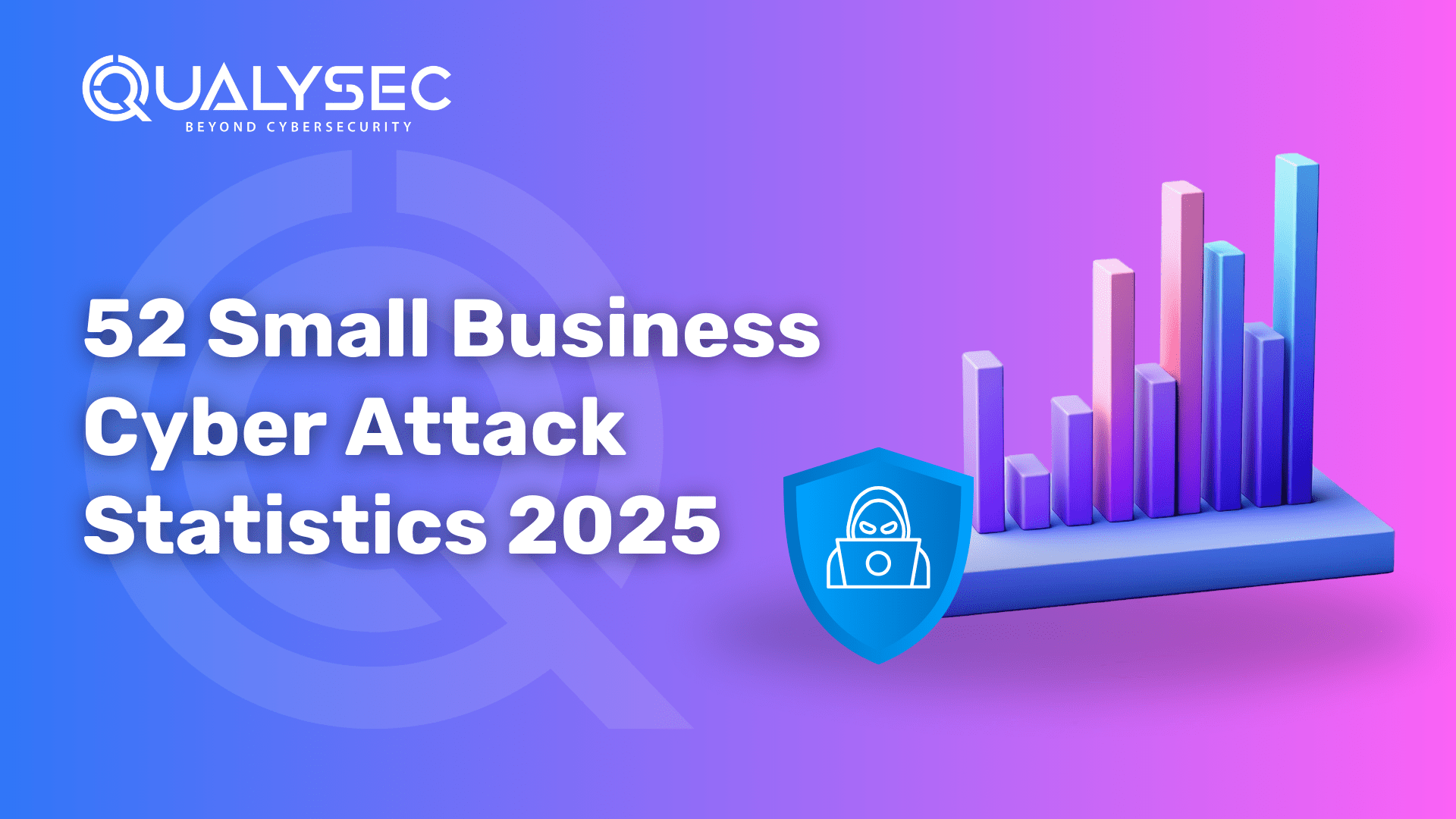

















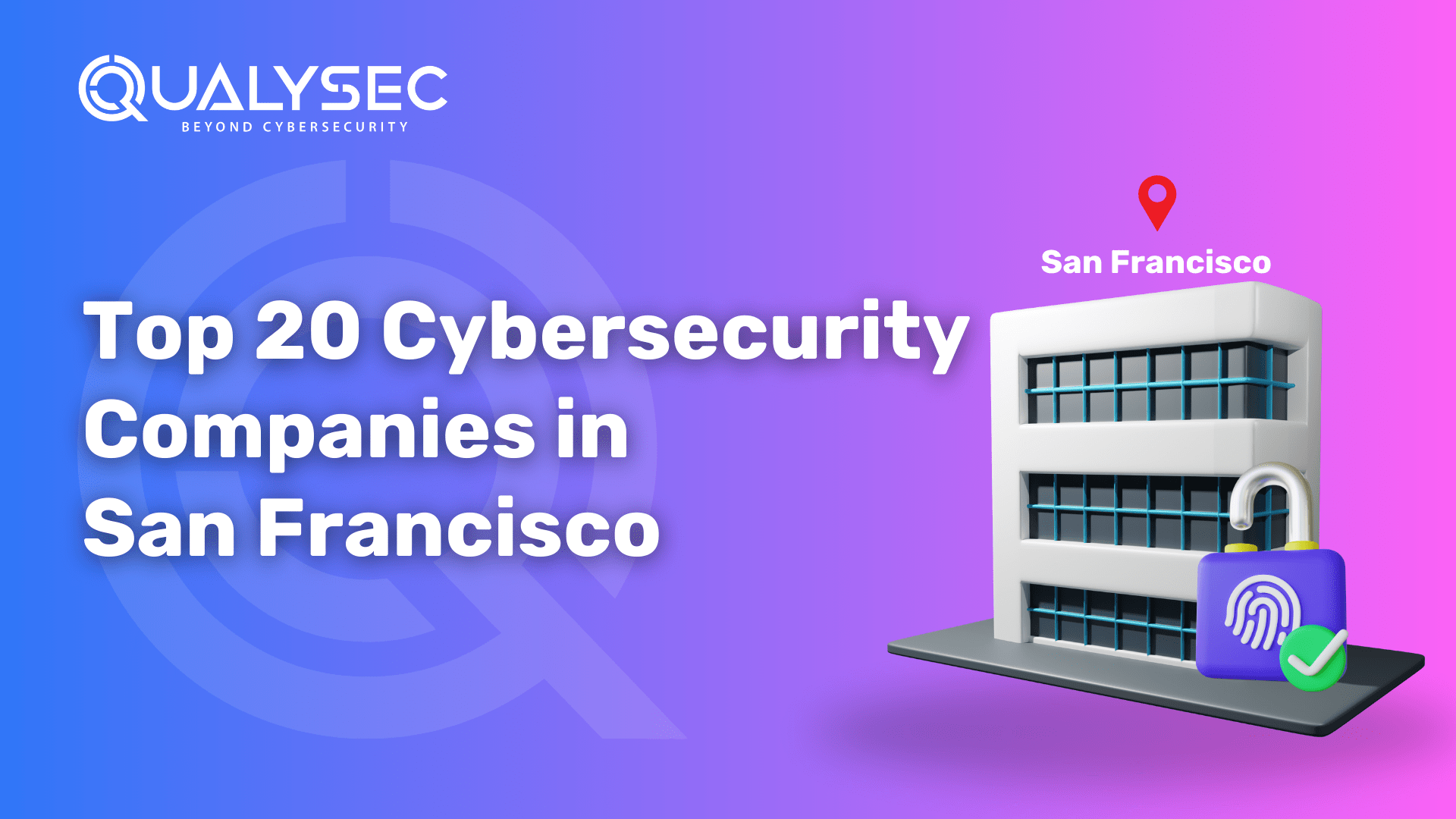








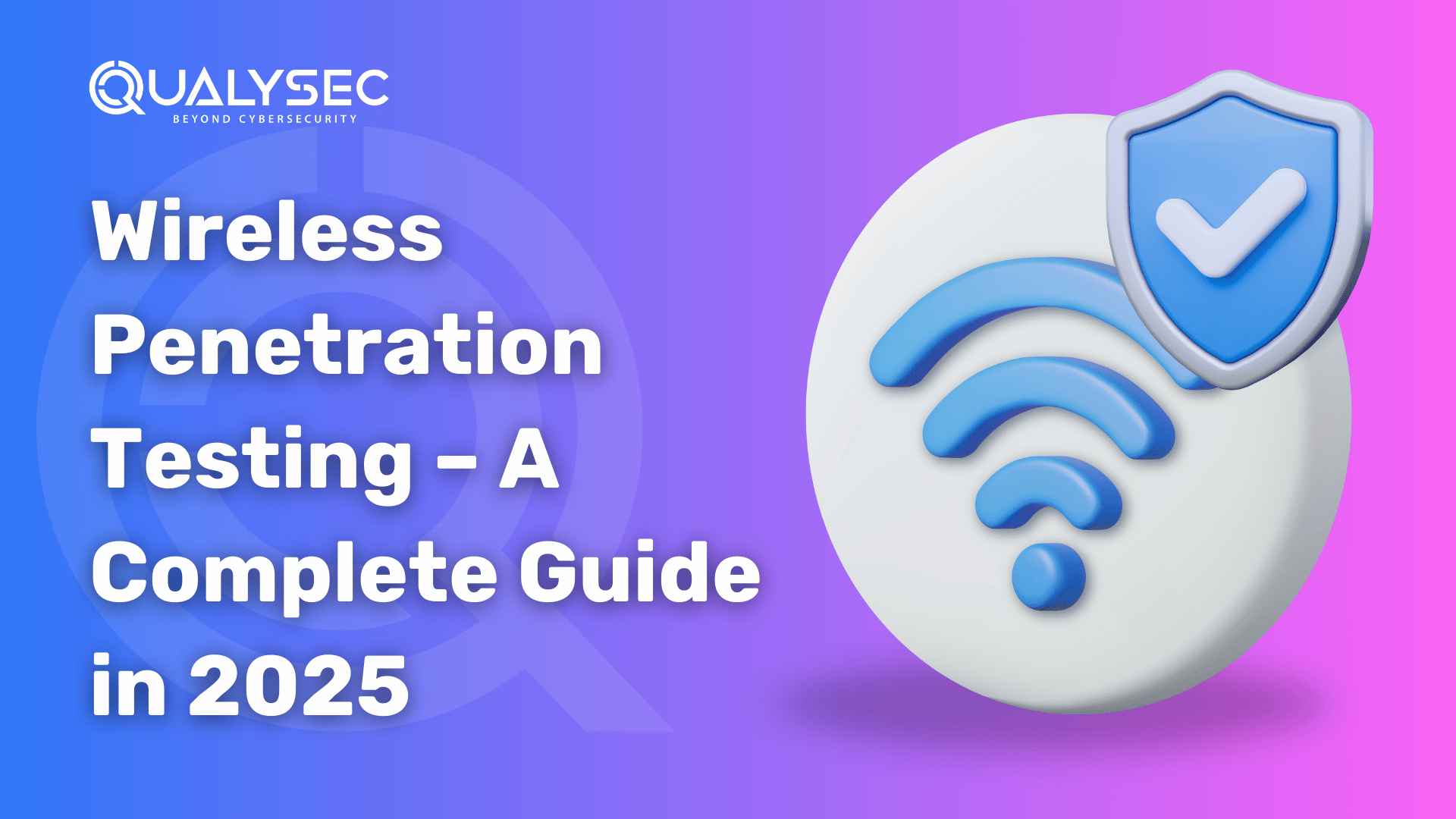




























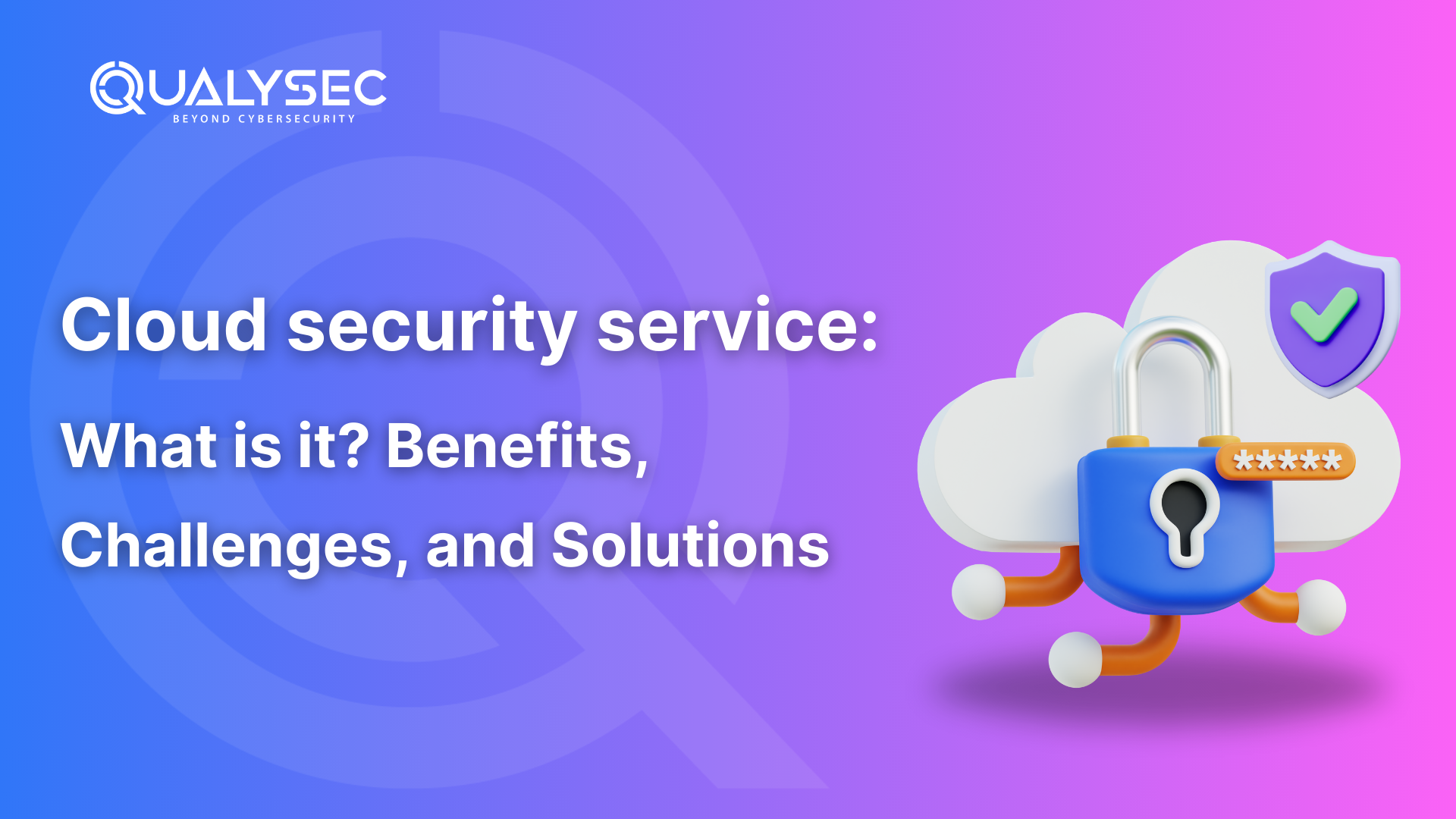


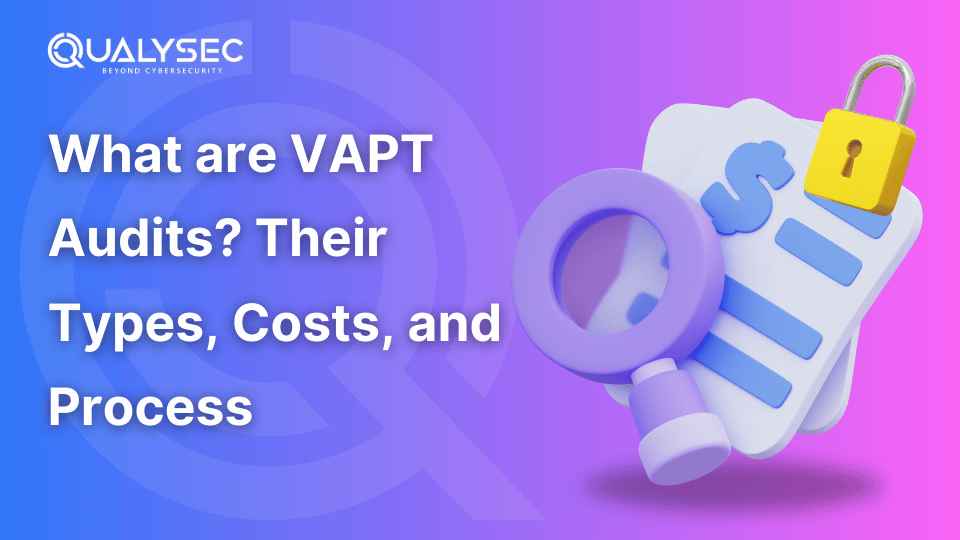







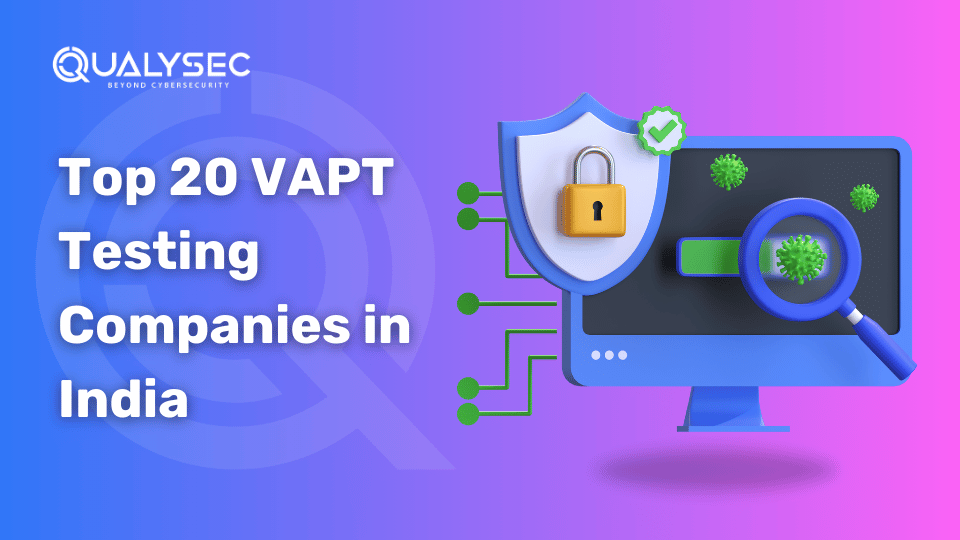


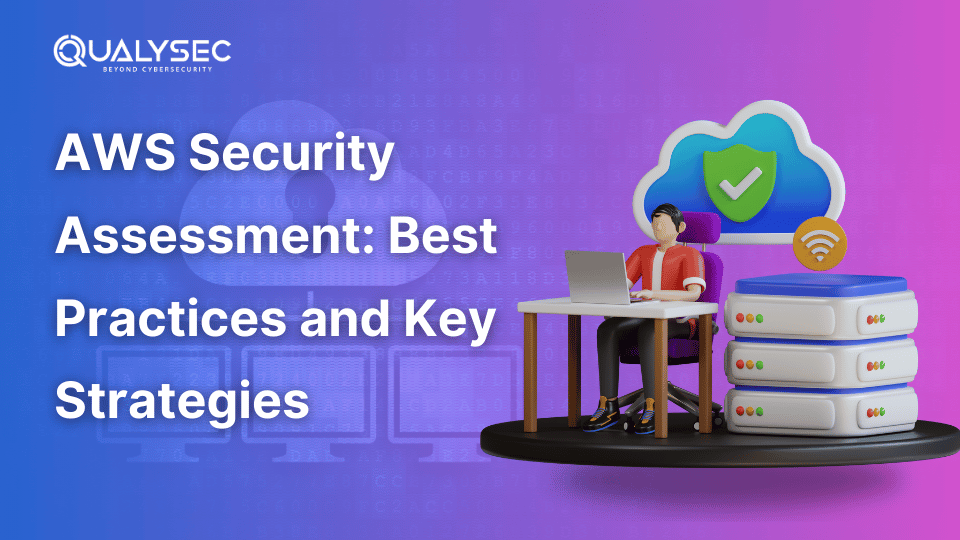




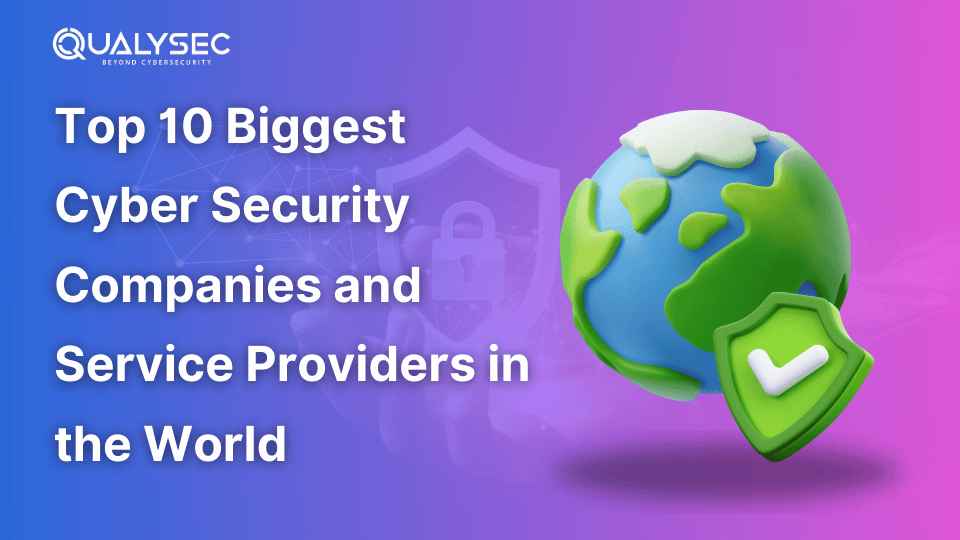















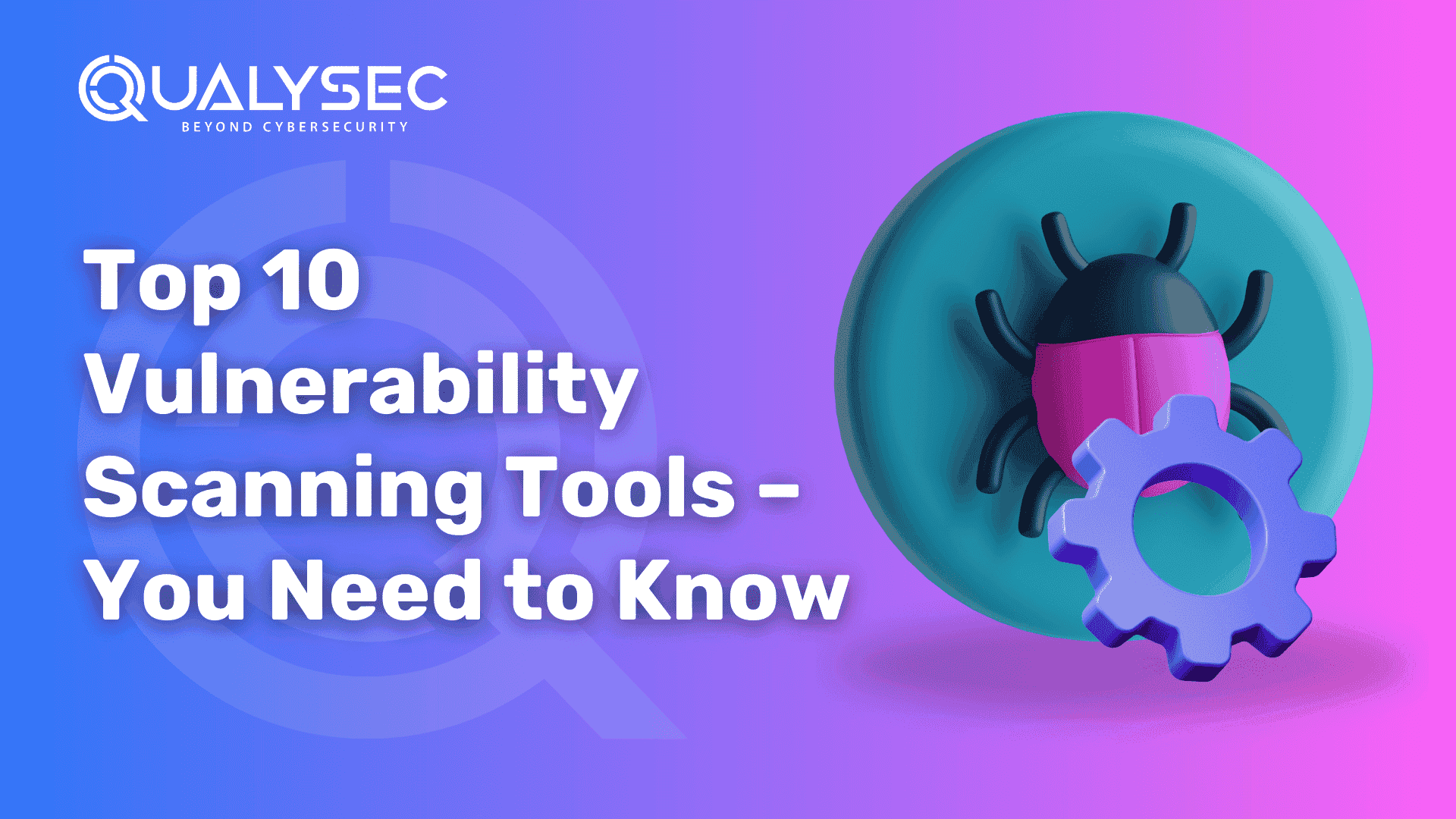


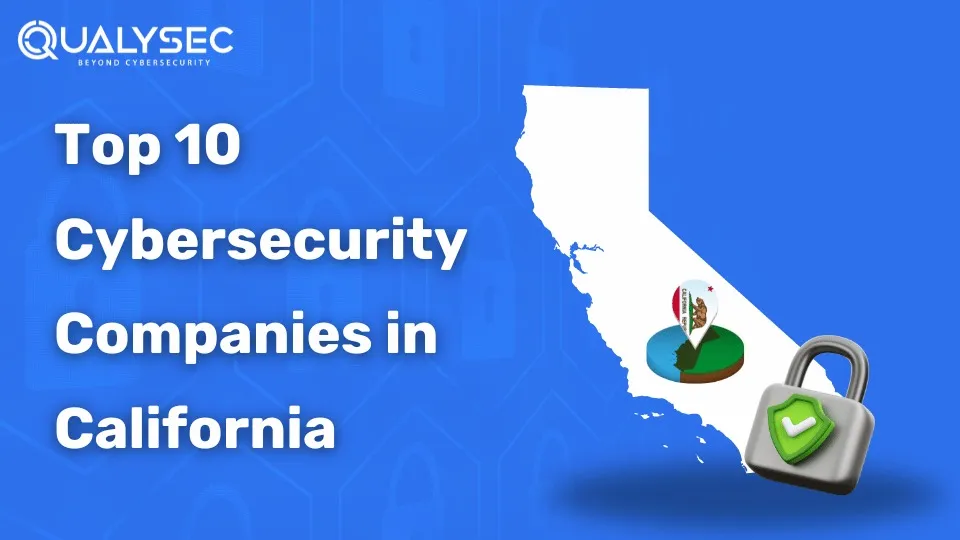
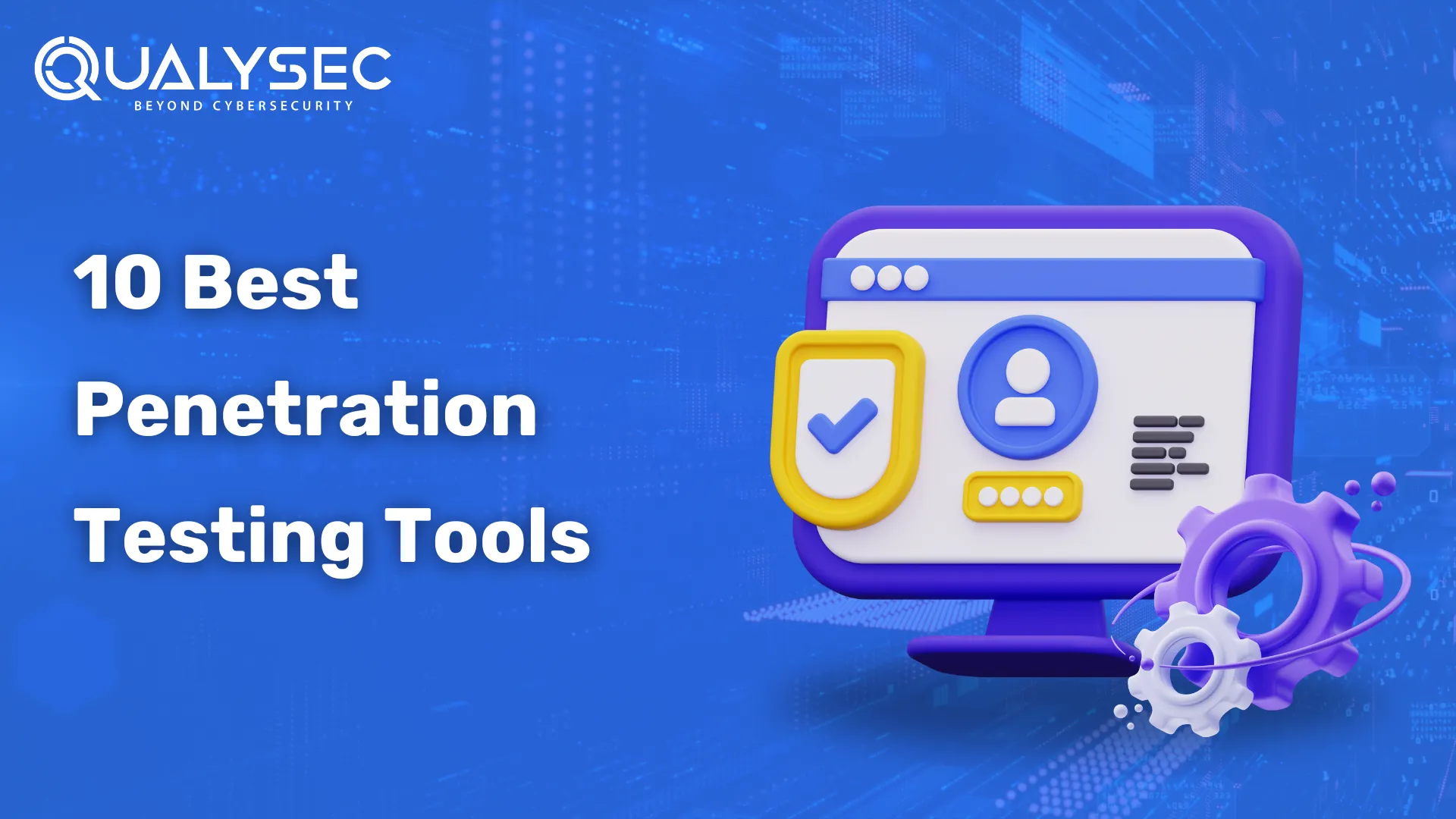





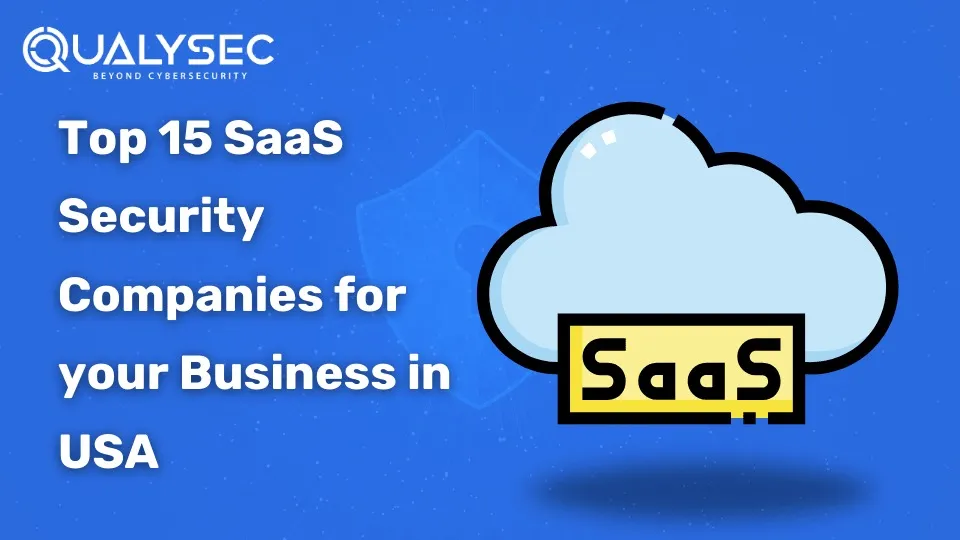



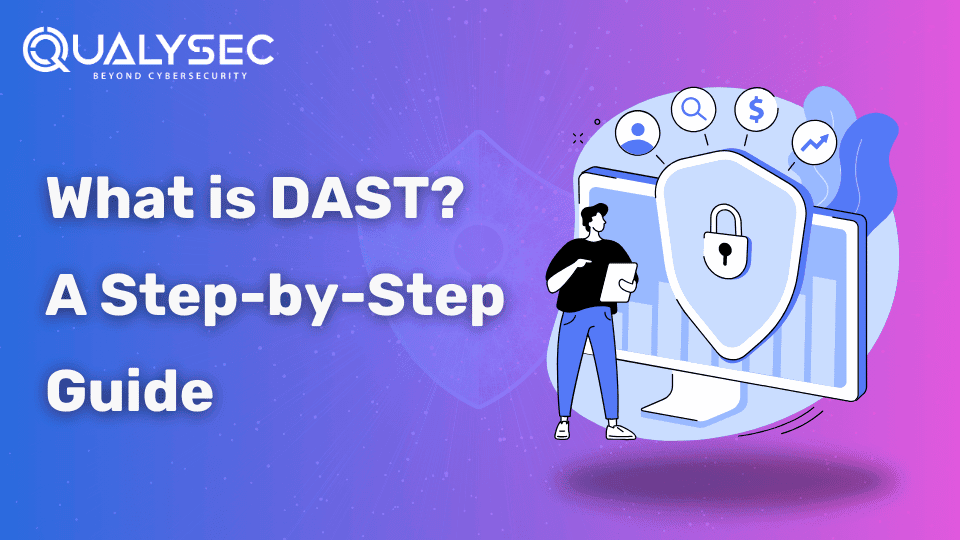


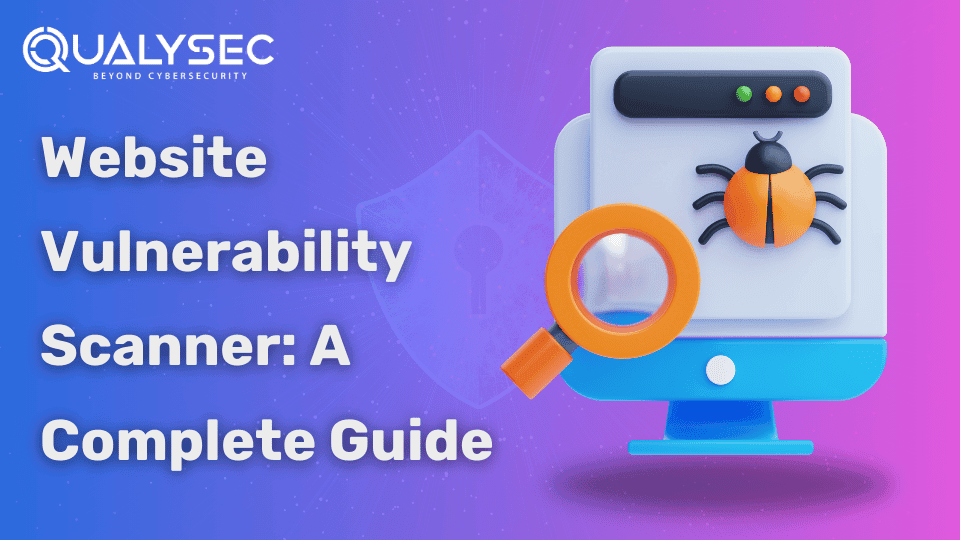

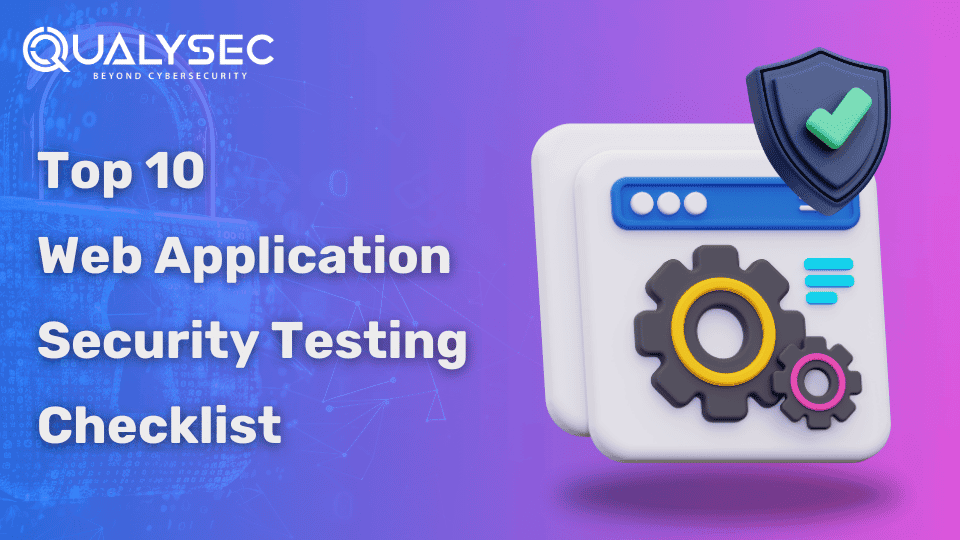

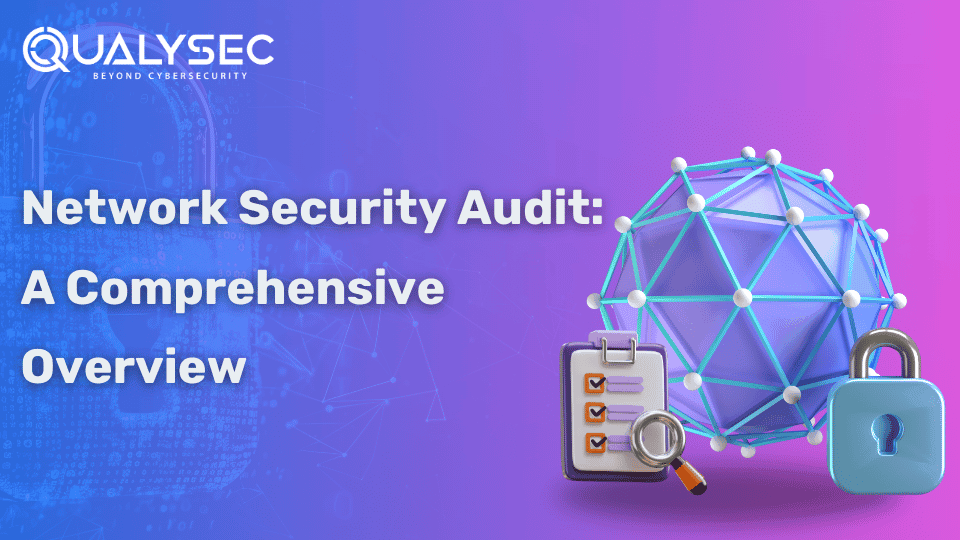











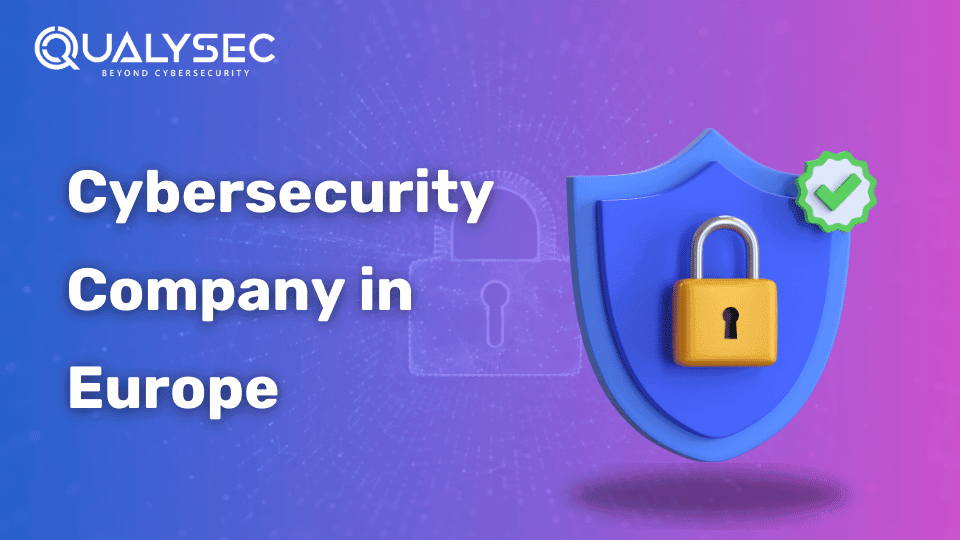
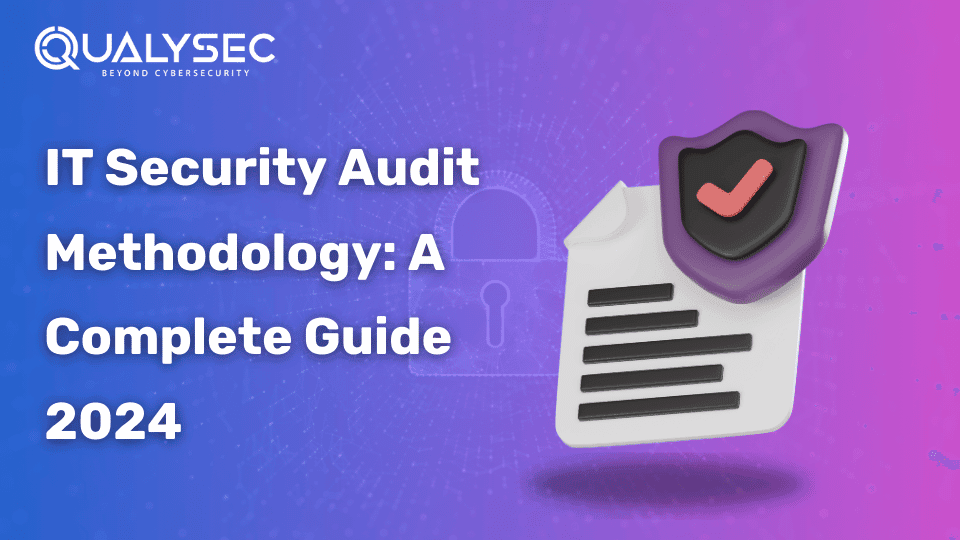

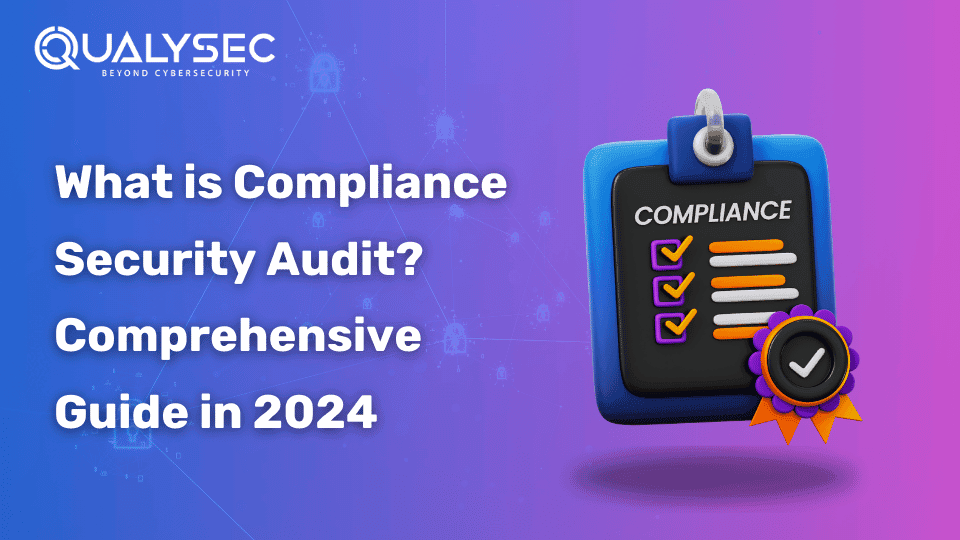


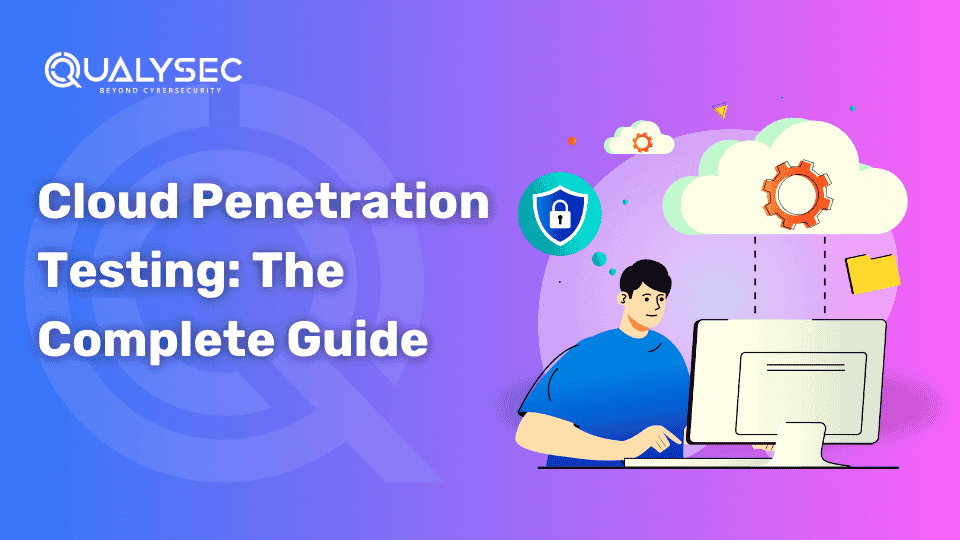


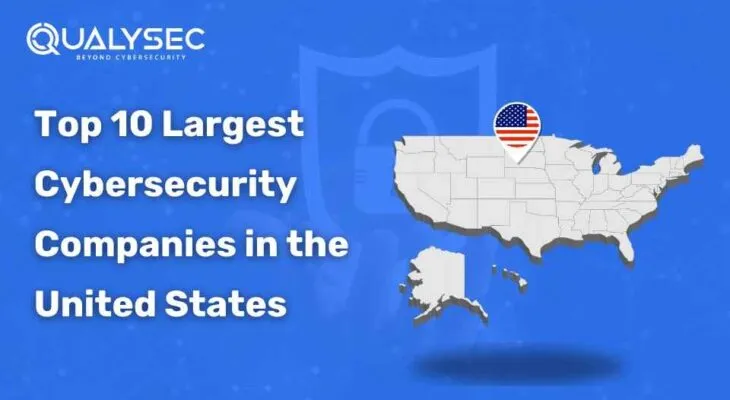


























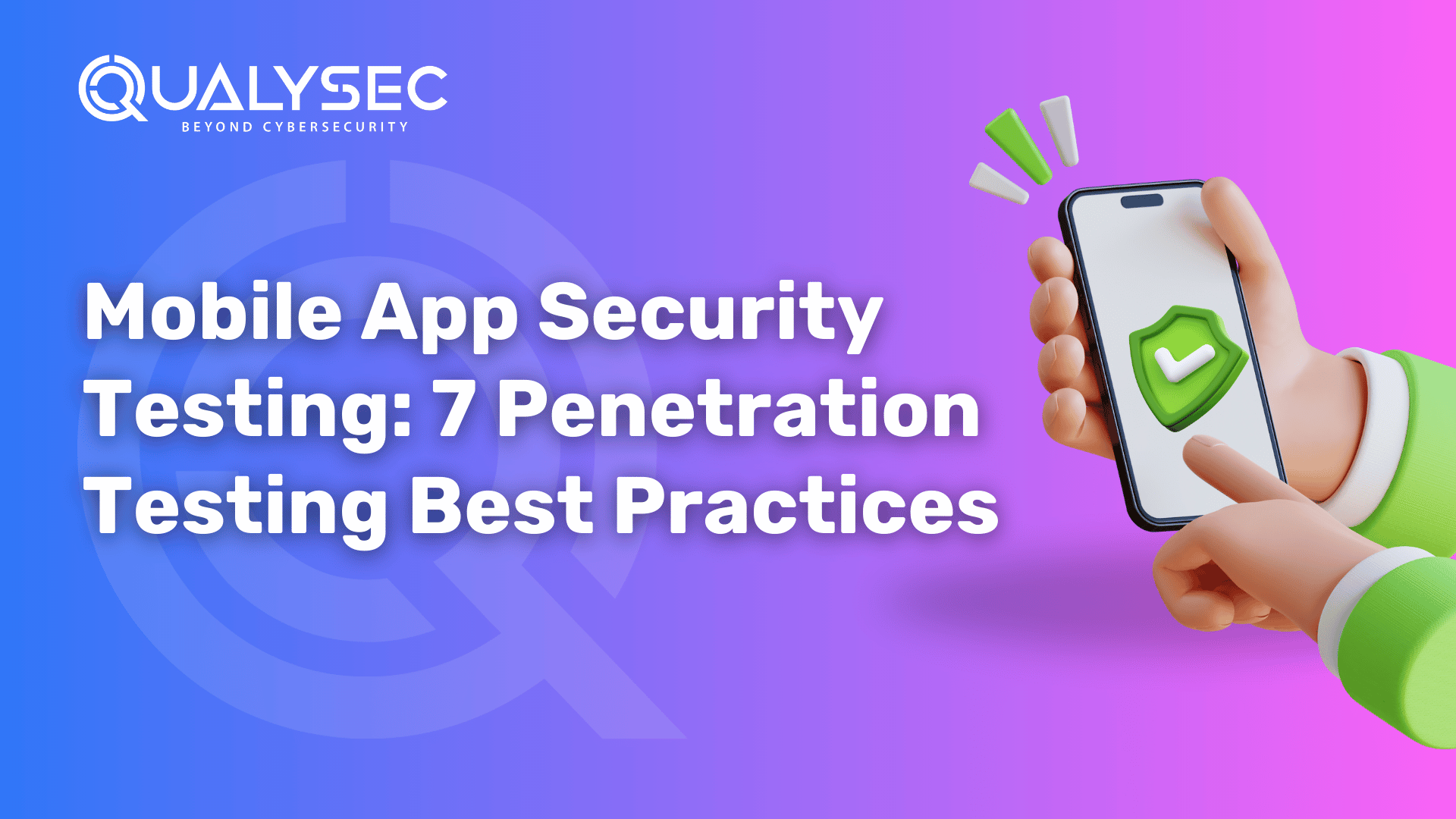














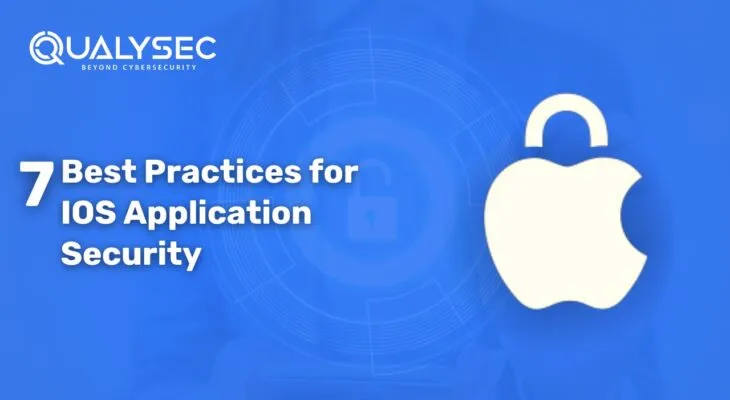


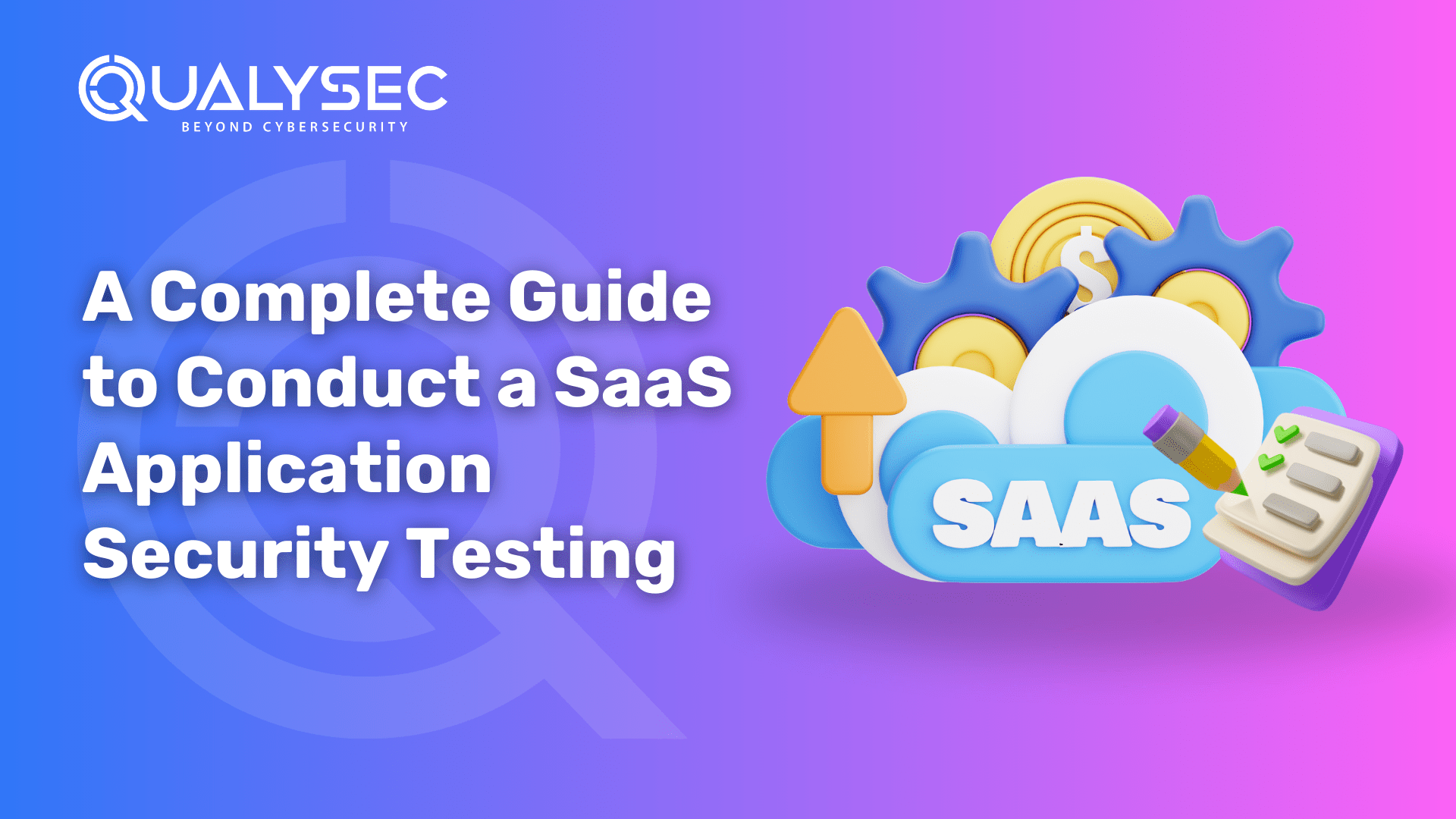





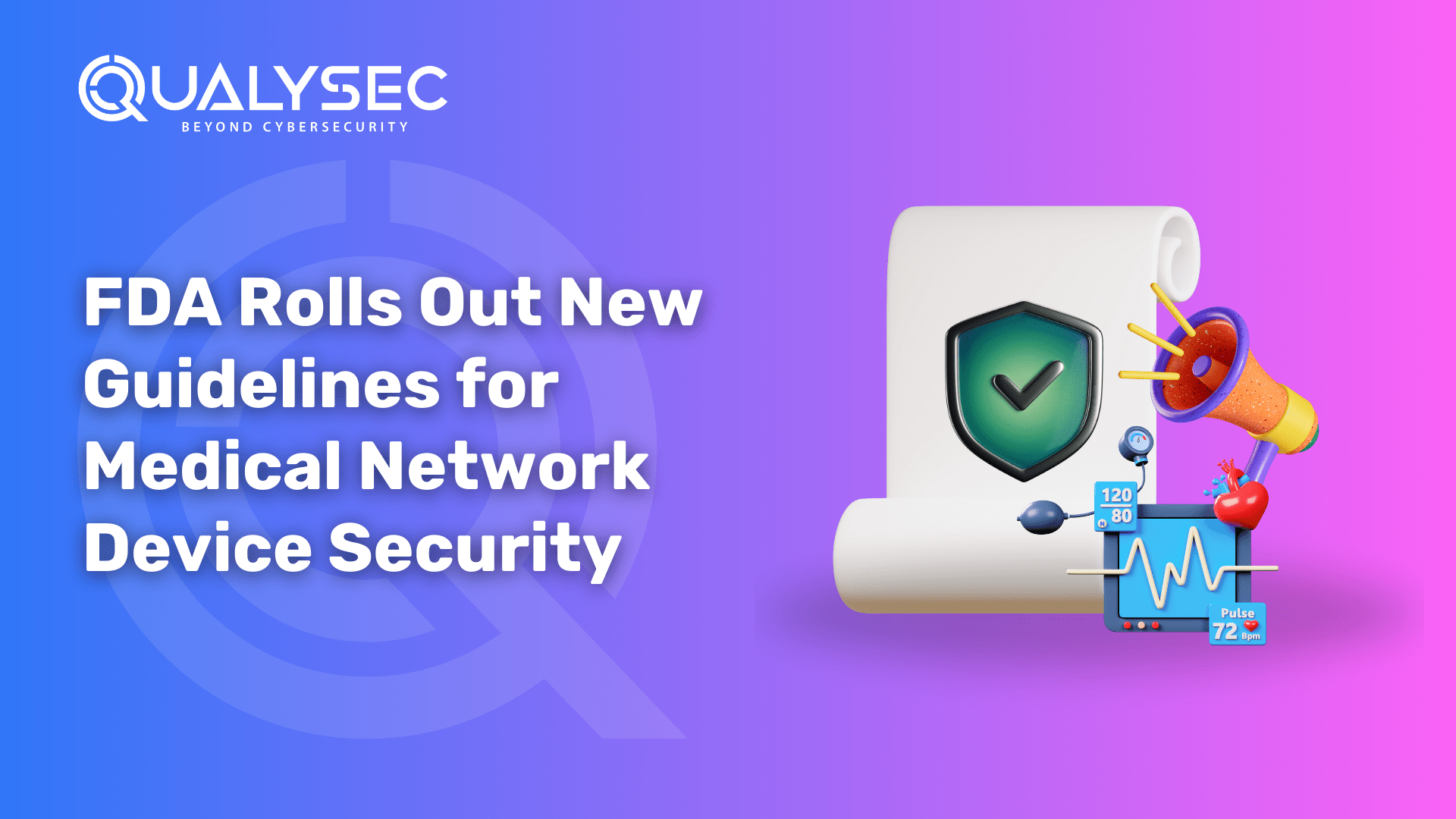





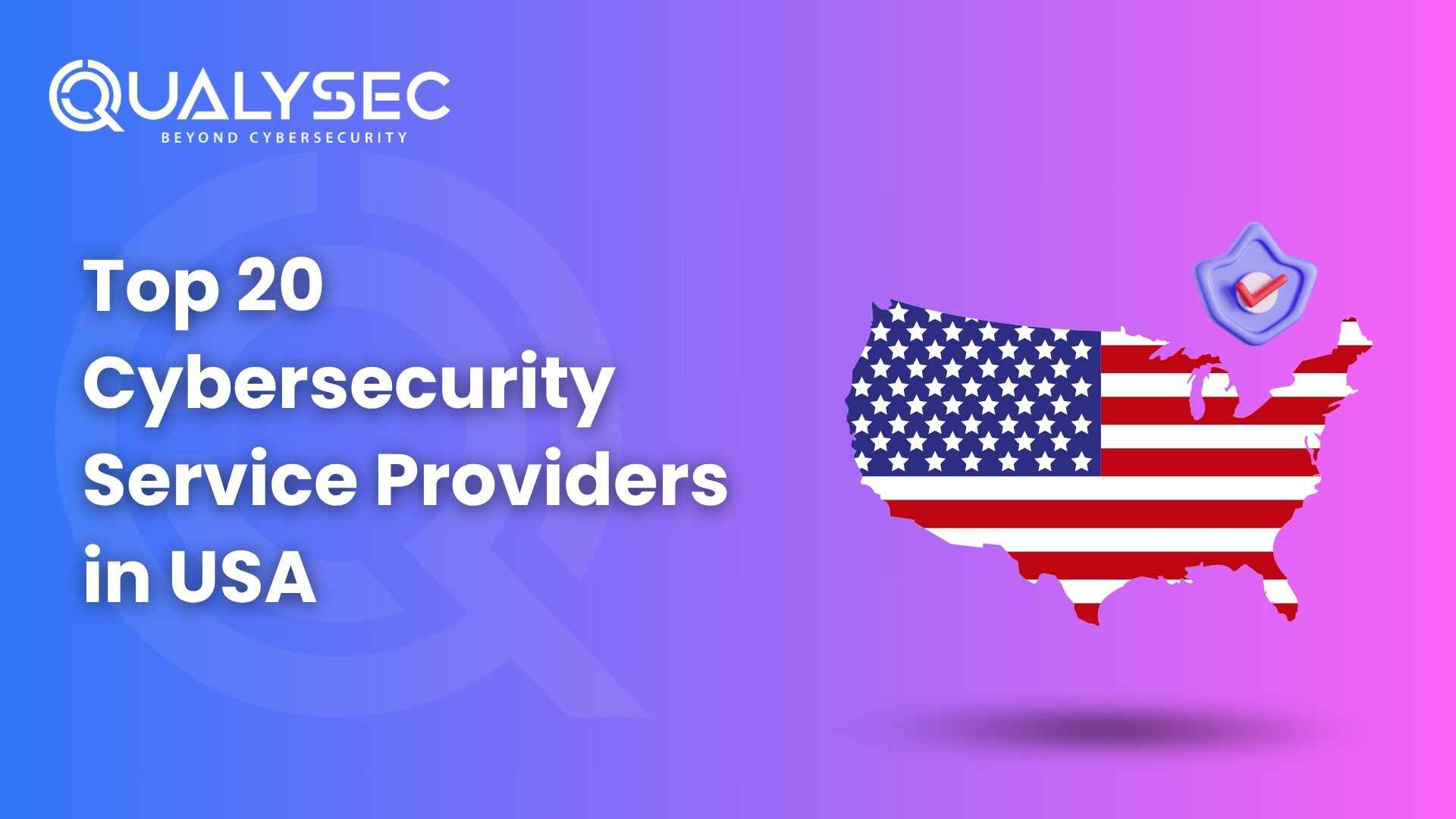










































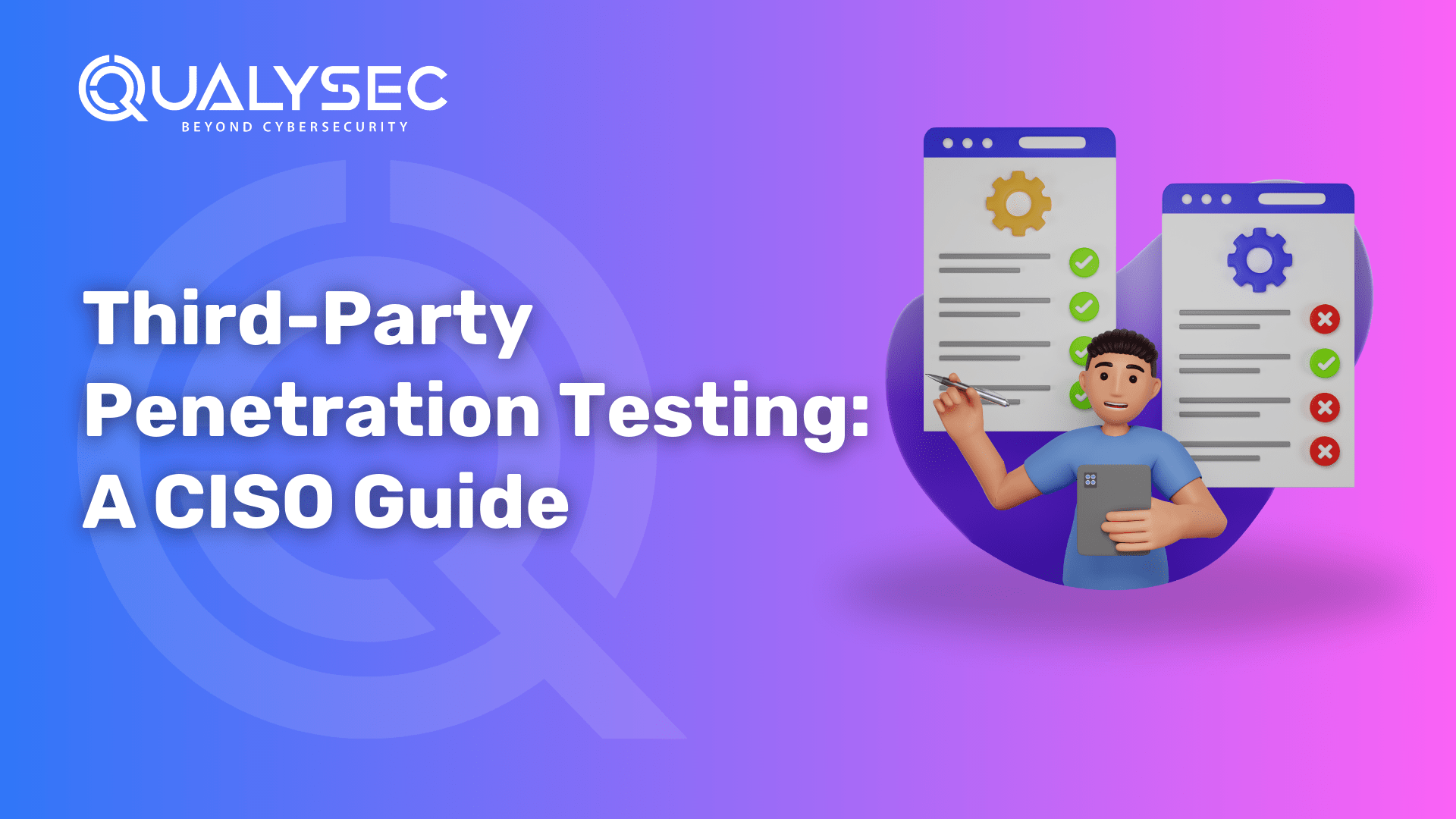





































































































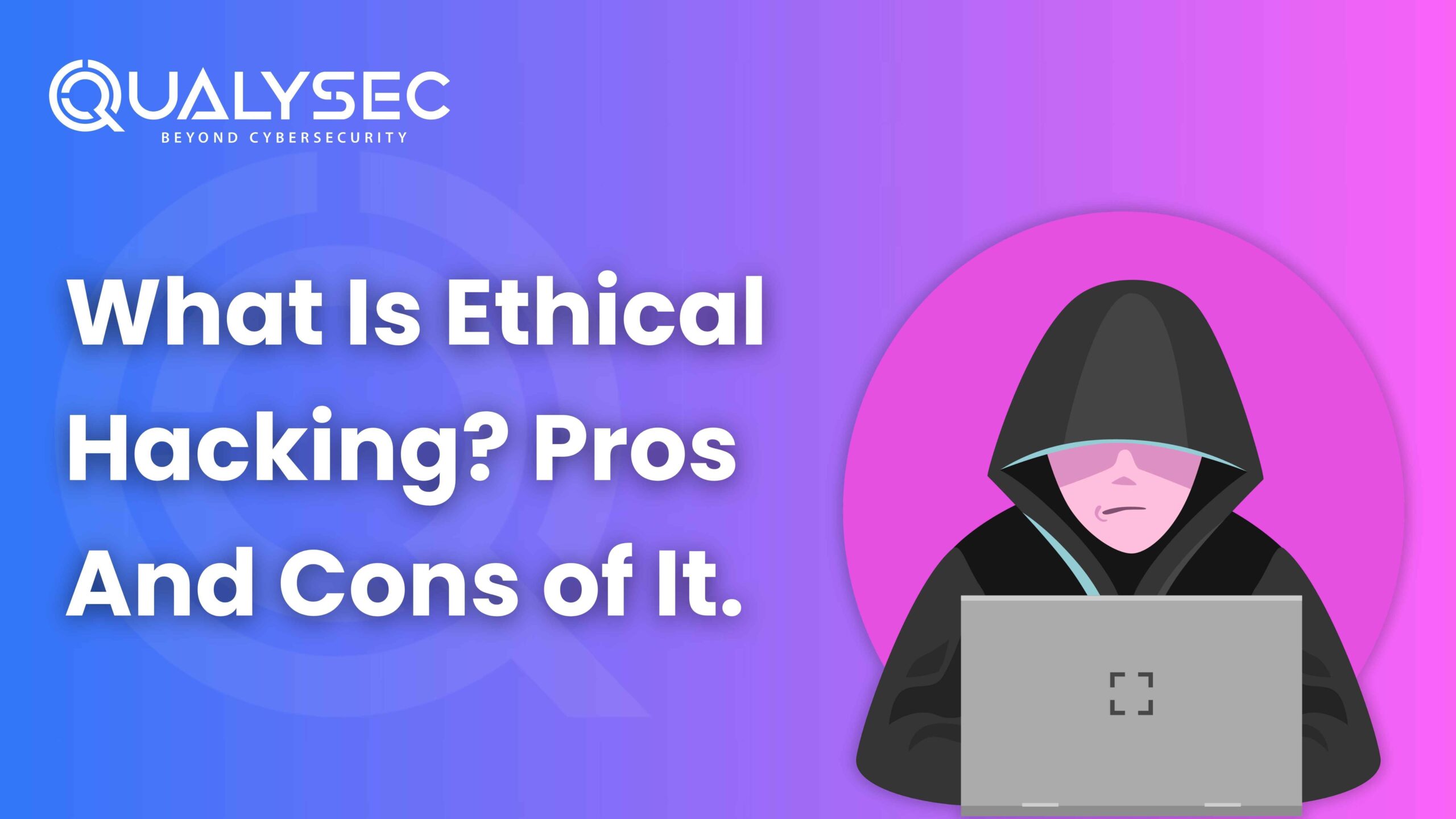







































0 Comments